Former Defense Minister Shigeru Ishiba is set to become Japan’s next prime minister after winning his party’s leadership contest on Friday. The race was highly competitive, culminating in a runoff vote.
At 67, Ishiba will take the reins of the long-dominant, scandal-hit Liberal Democratic Party (LDP) and assume leadership of the world’s fourth-largest economy once parliament convenes in October, thanks to the LDP’s majority in the lower house.
Ishiba, one of nine contenders, defeated economic security minister Sanae Takaichi, who aimed to become Japan’s first female leader, in the runoff with 215 votes to Takaichi's 194. Shinjiro Koizumi, a prominent candidate and the US-educated son of former Prime Minister Junichiro Koizumi, narrowly missed the final vote.
This marks Ishiba’s fifth bid to lead the LDP, a conservative political powerhouse that has governed Japan almost uninterrupted since its establishment in 1955.
Known for his willingness to challenge party orthodoxy, Ishiba has long been an outlier in Japan’s political landscape, which values conformity. His outspoken stance has garnered both critics within the LDP and grassroots support from the public.
Positioned on the more progressive side of the conservative spectrum, Ishiba’s experience in domestic and foreign policy likely secured his path to leadership. After the vote, Ishiba expressed confidence in the party’s future, saying the LDP can now “be reborn and regain the trust of the people.”
He pledged to lead with "courage and sincerity," aiming to create a "safe and secure country where everyone can live with a smile."
The seasoned politician has promised to steer Japan away from high inflation, with a commitment to boosting real wages. He also advocates for policies allowing married women to retain their maiden names, reducing Japan’s reliance on nuclear energy, and creating a NATO-like security alliance in Asia to counter regional threats.
Next Prime Minister Of Japan
Ishiba will replace outgoing Prime Minister Fumio Kishida, who announced his resignation in August after serving just one term marred by political scandals. Despite reshuffling his cabinet to mitigate the fallout, Kishida faced mounting pressure to step down.
As leader of the ruling party, Ishiba’s immediate challenge will be to improve the LDP’s image ahead of next year’s general elections. He also inherits a country grappling with rising living costs, worsened by a weak yen.
With a U.S. presidential election on the horizon, Ishiba will have to navigate Japanese relations with the incoming American administration while addressing growing security concerns in Asia, including a more assertive China and unpredictable North Korea.
Japan’s partnership with the U.S. has been a cornerstone of its strategy in the Asia-Pacific region. Under Kishida, Japan expanded its defense cooperation with its key ally, and Ishiba has echoed similar sentiments, highlighting that "what is happening in Ukraine today might be a problem that Northeast Asia faces tomorrow," as reported by Kyodo News.
Japanese citizens have expressed both hope and concern over Ishiba’s leadership. Emi Uchibori, a 67-year-old Tokyo resident, voiced her support for Ishiba, stating, “We need a leader who can firmly guide Japan into the future,” particularly in addressing social welfare and diplomatic relations with China, Russia, and North Korea.
On the other hand, 22-year-old Manami Otsuchi expressed her desire for economic reforms that won’t overly burden younger generations while driving Japan’s growth.
- Tags:
- Politics

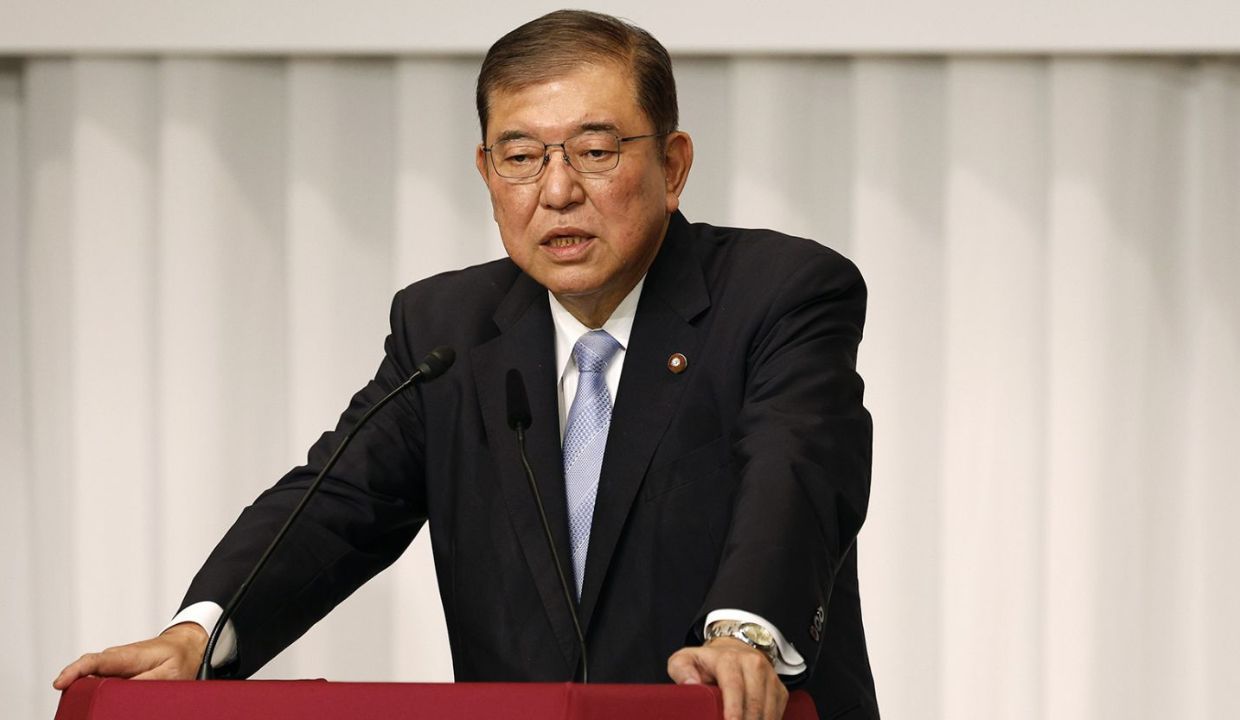

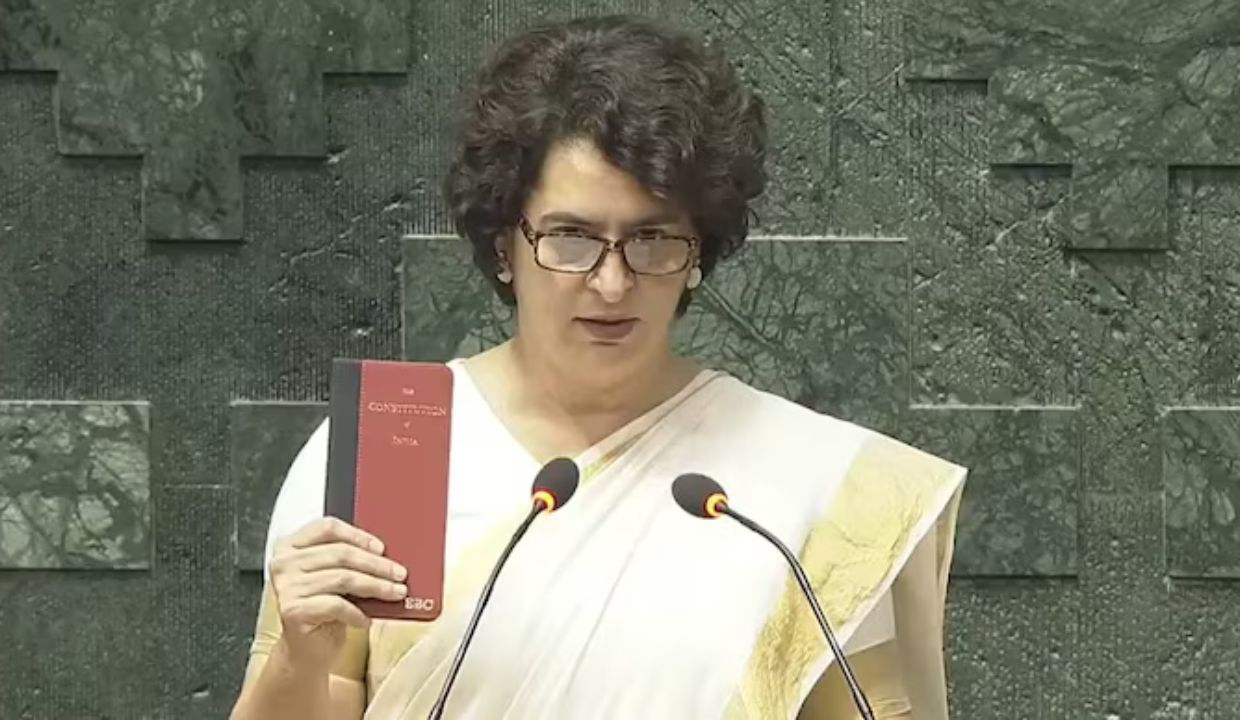






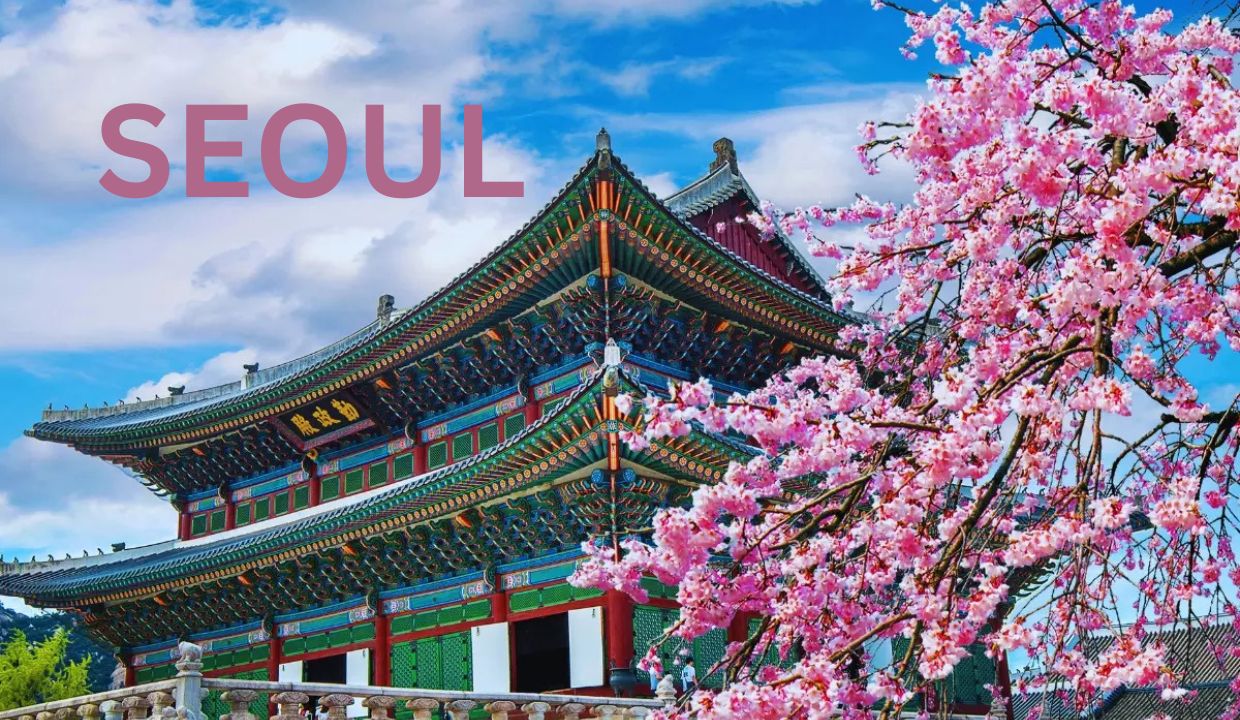
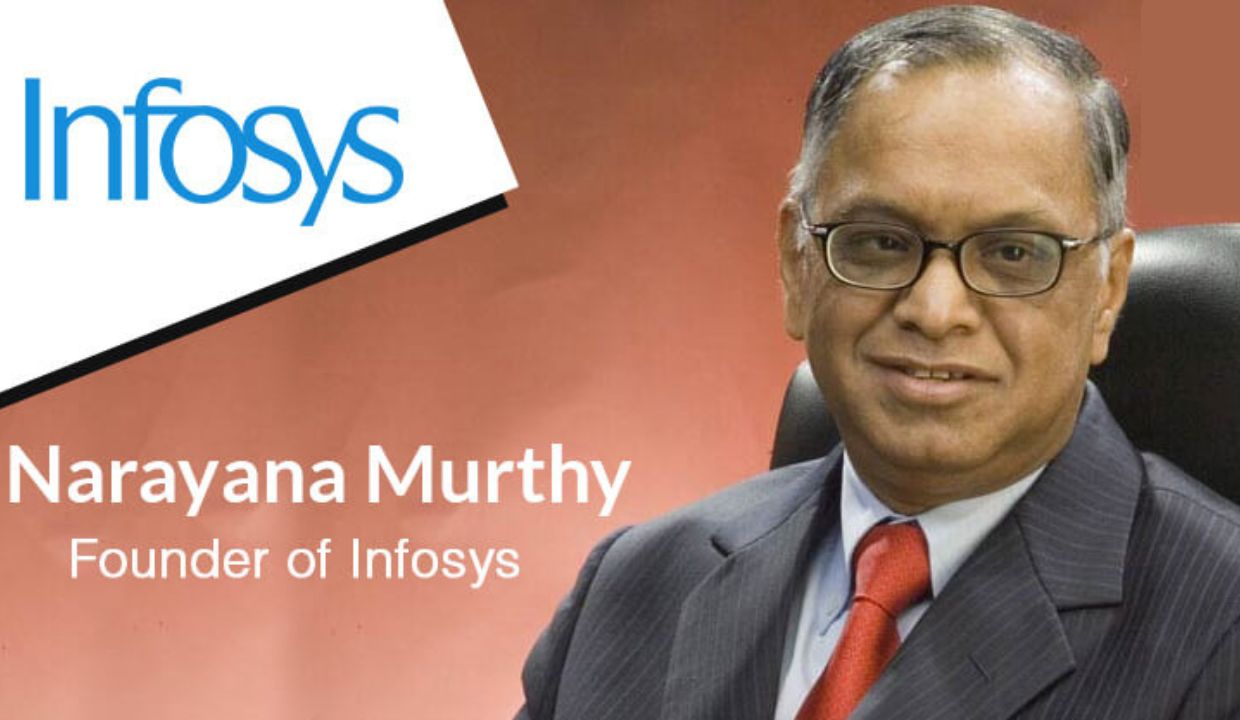
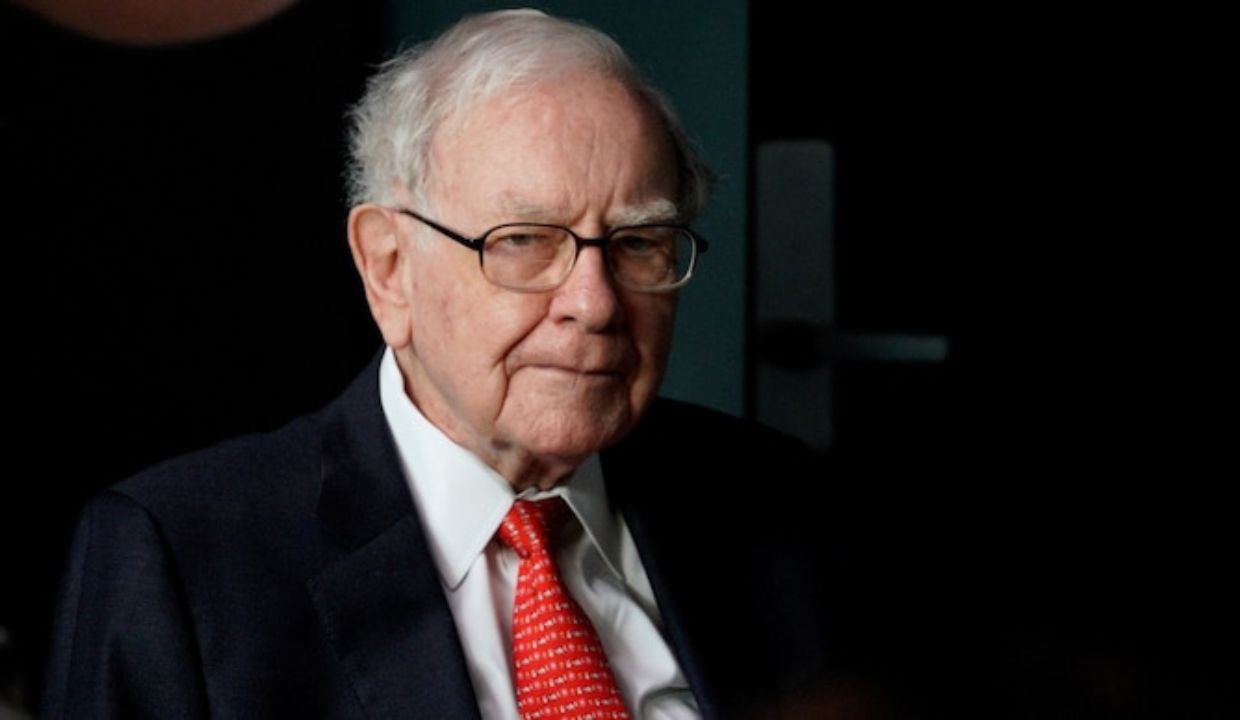



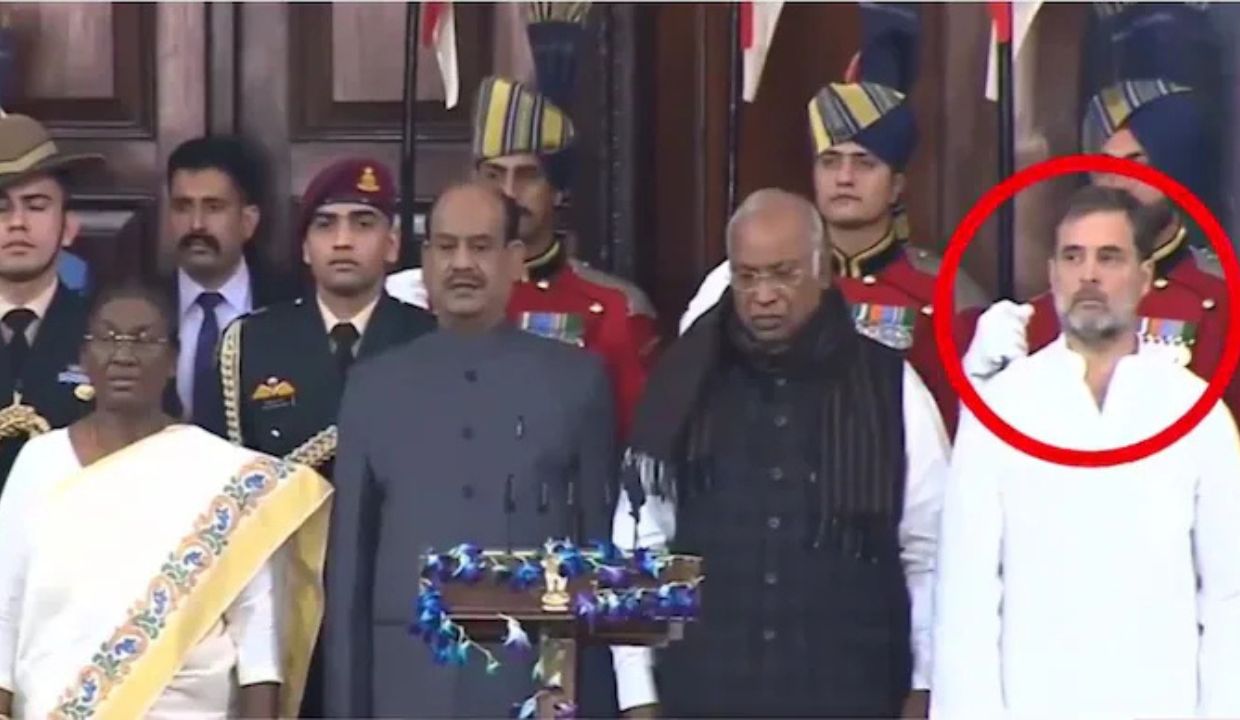



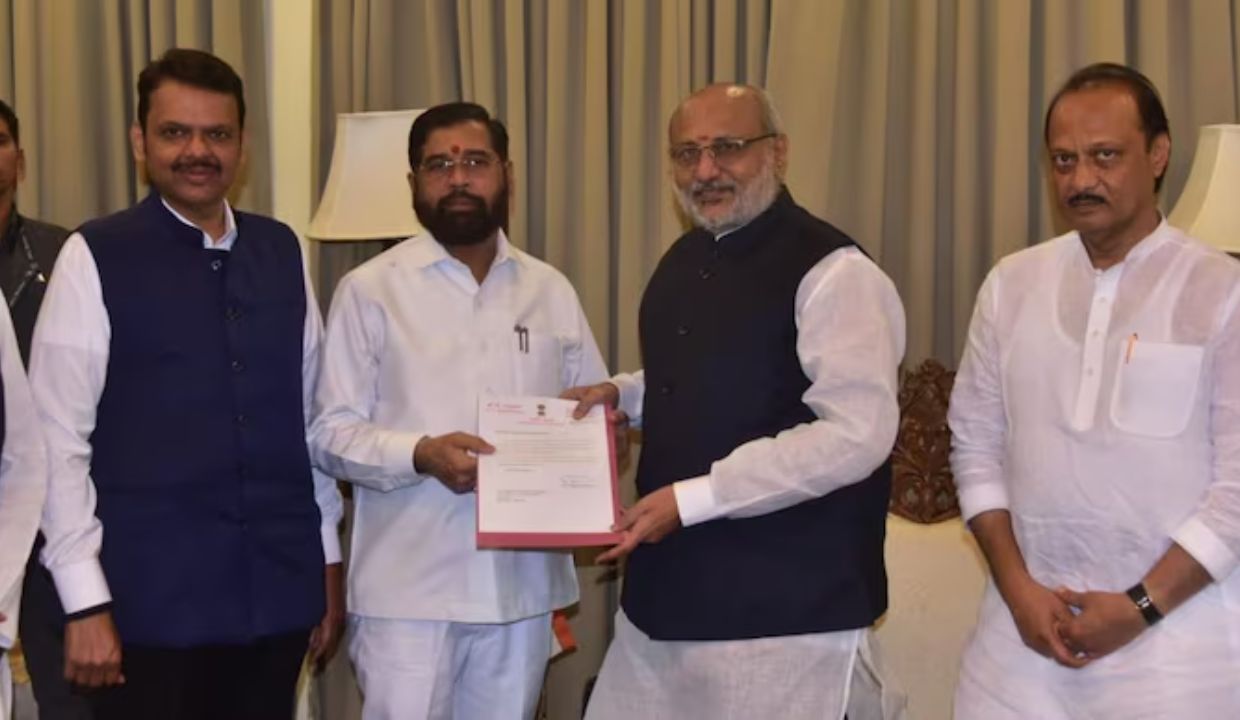
















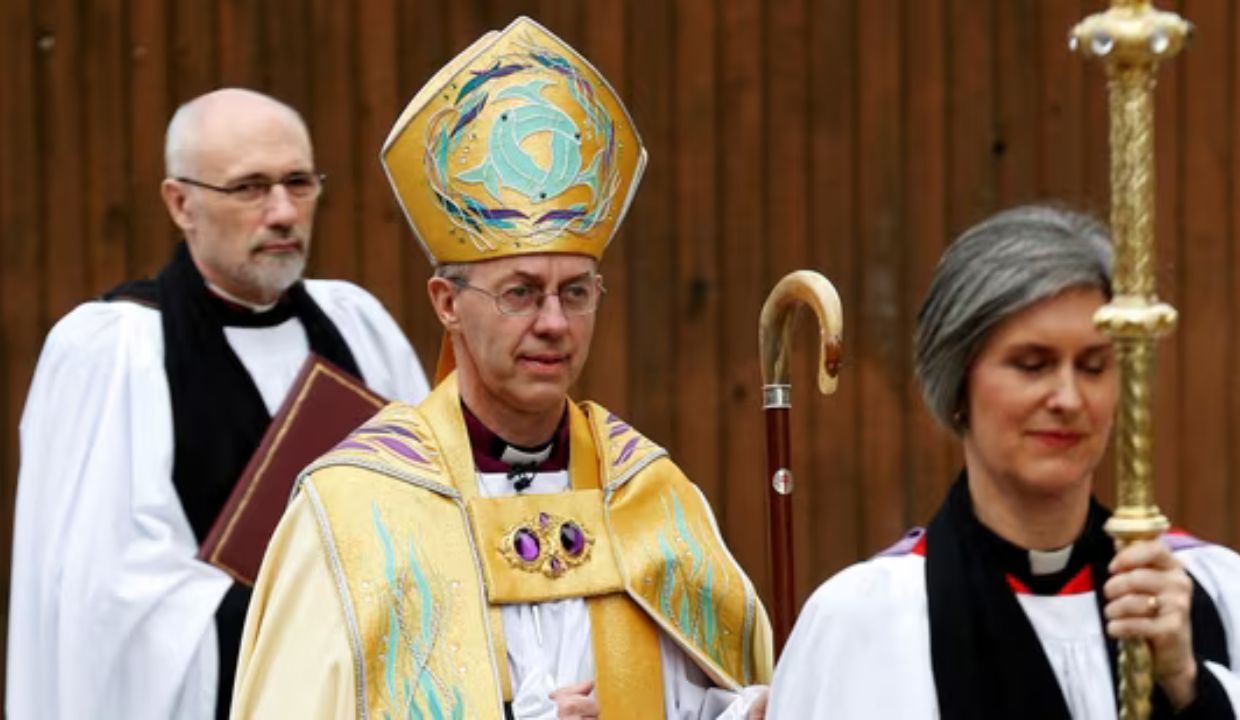



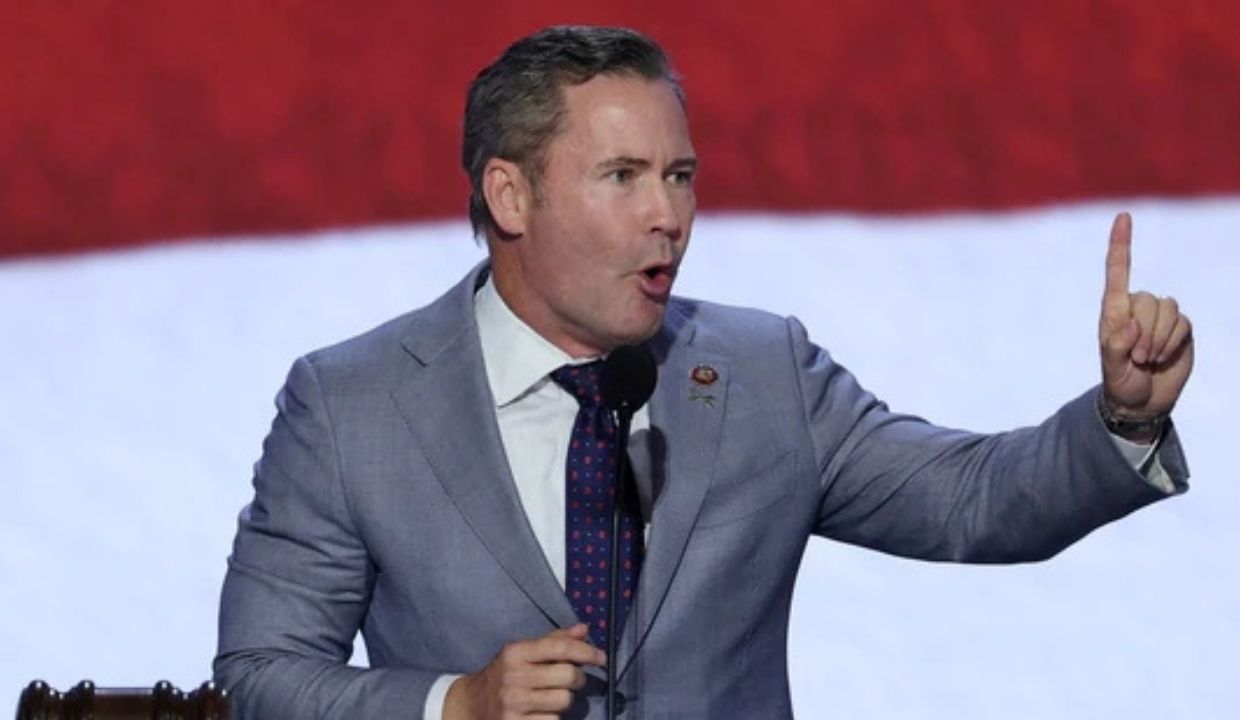
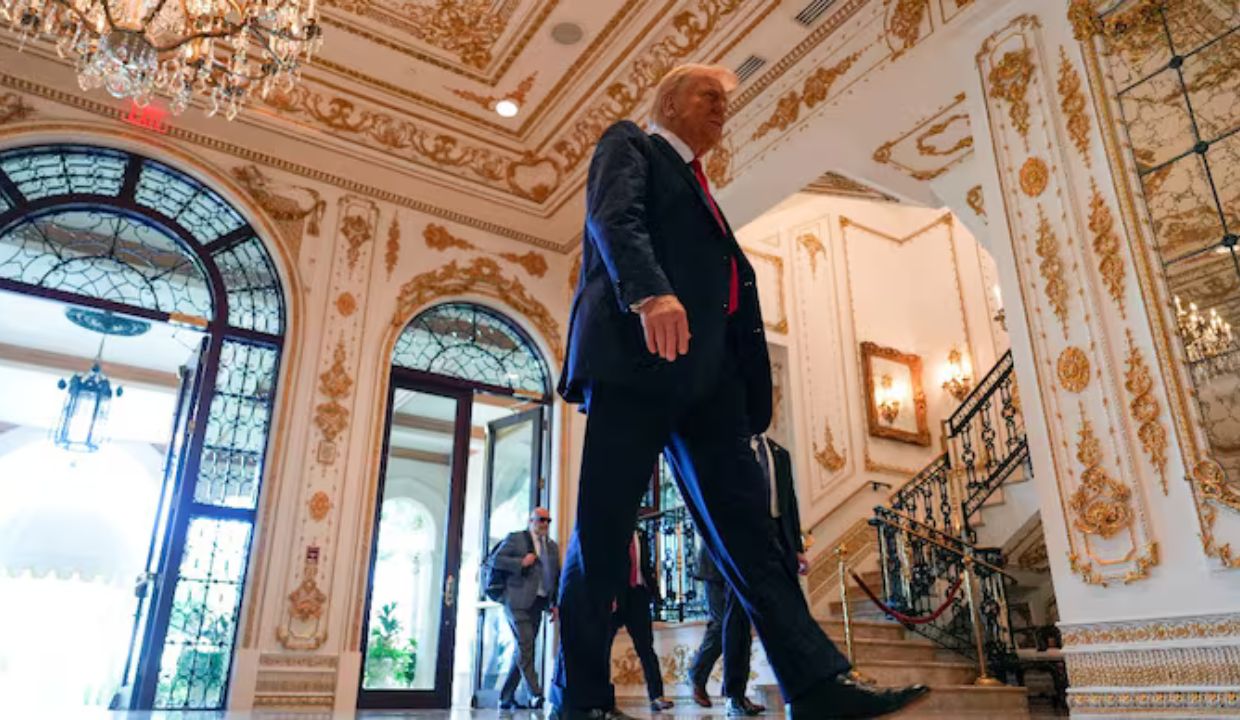

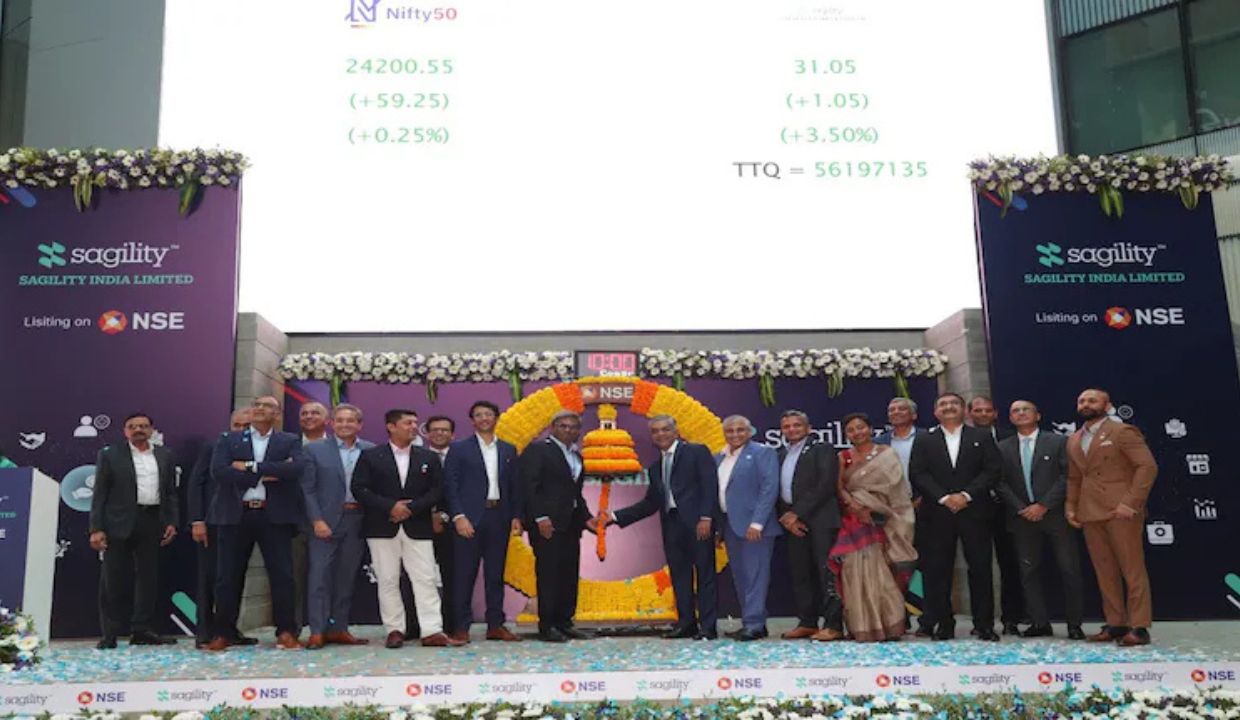






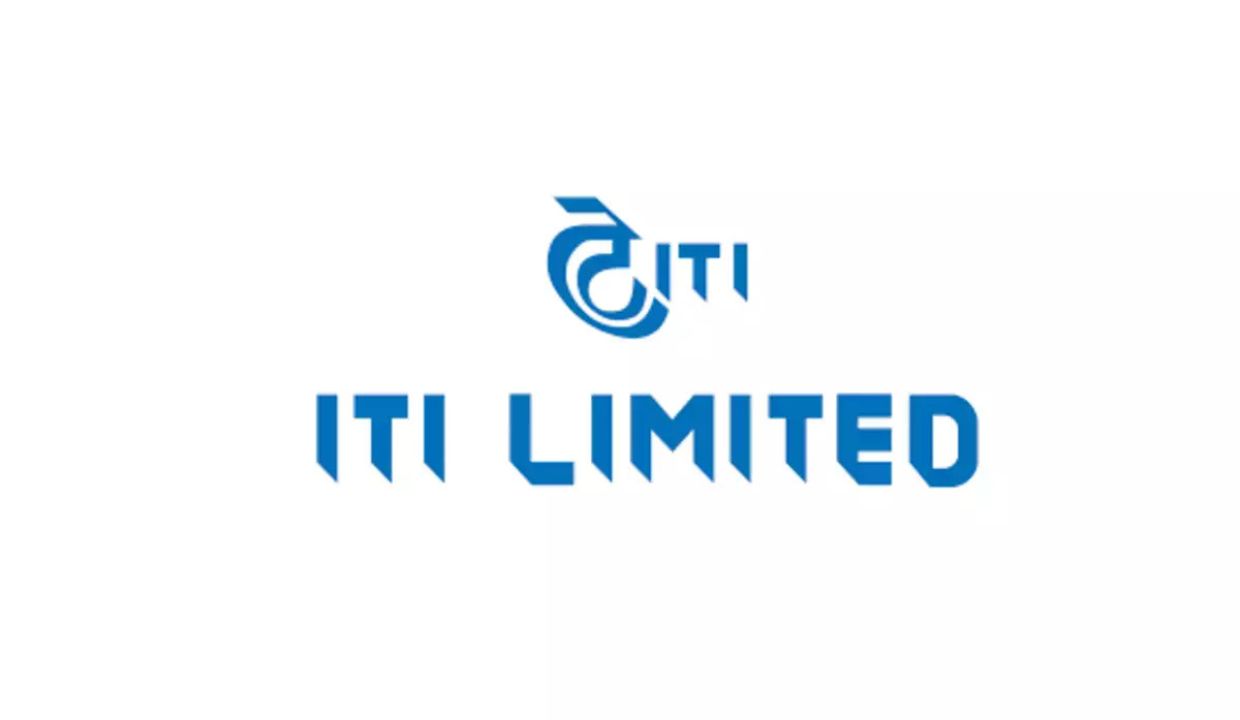
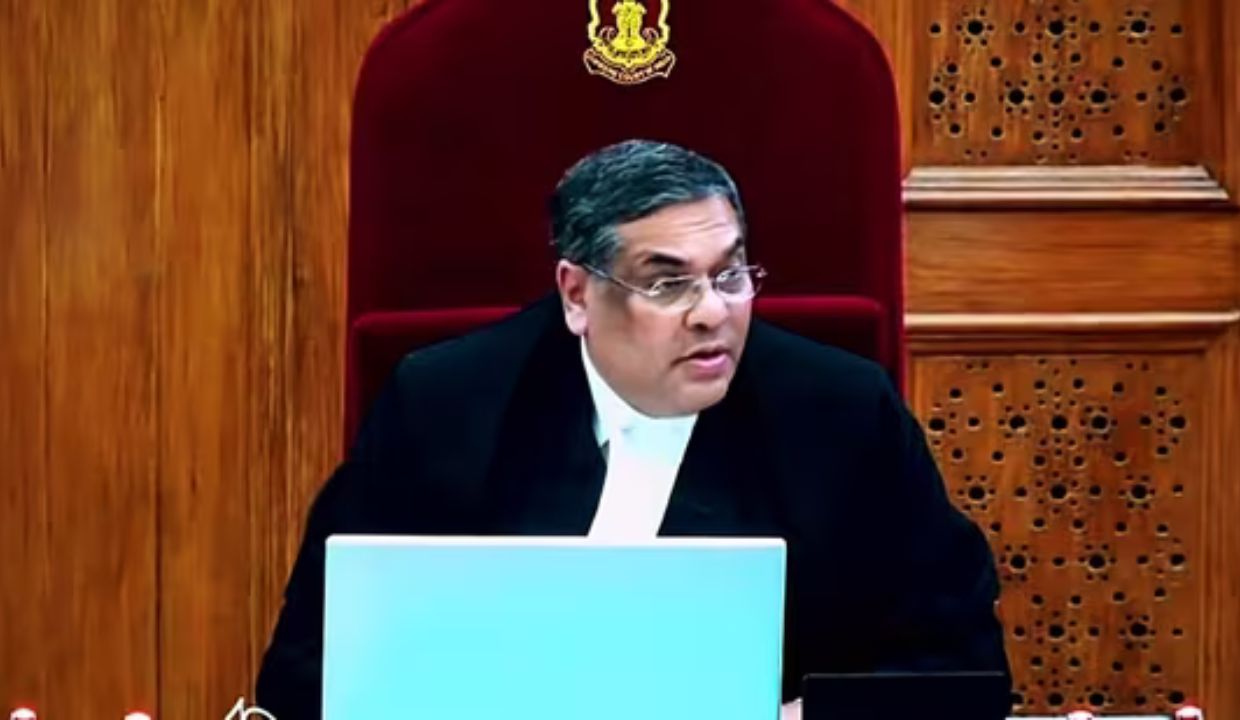




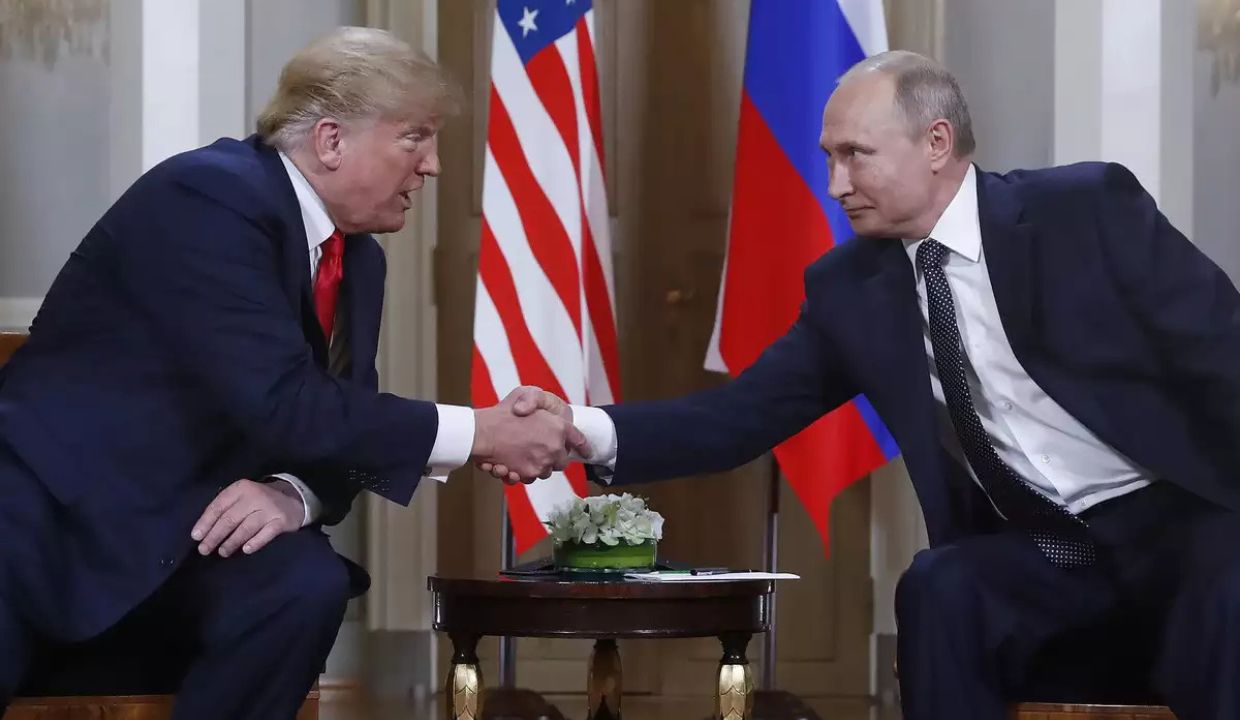



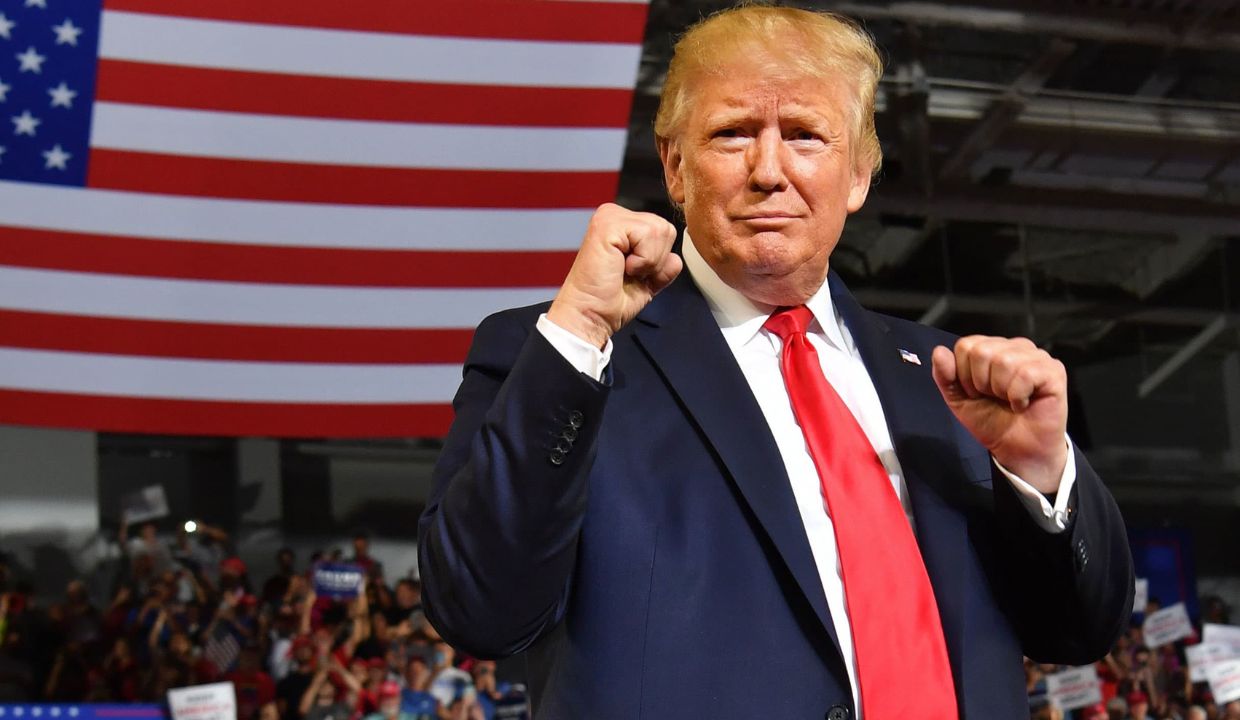





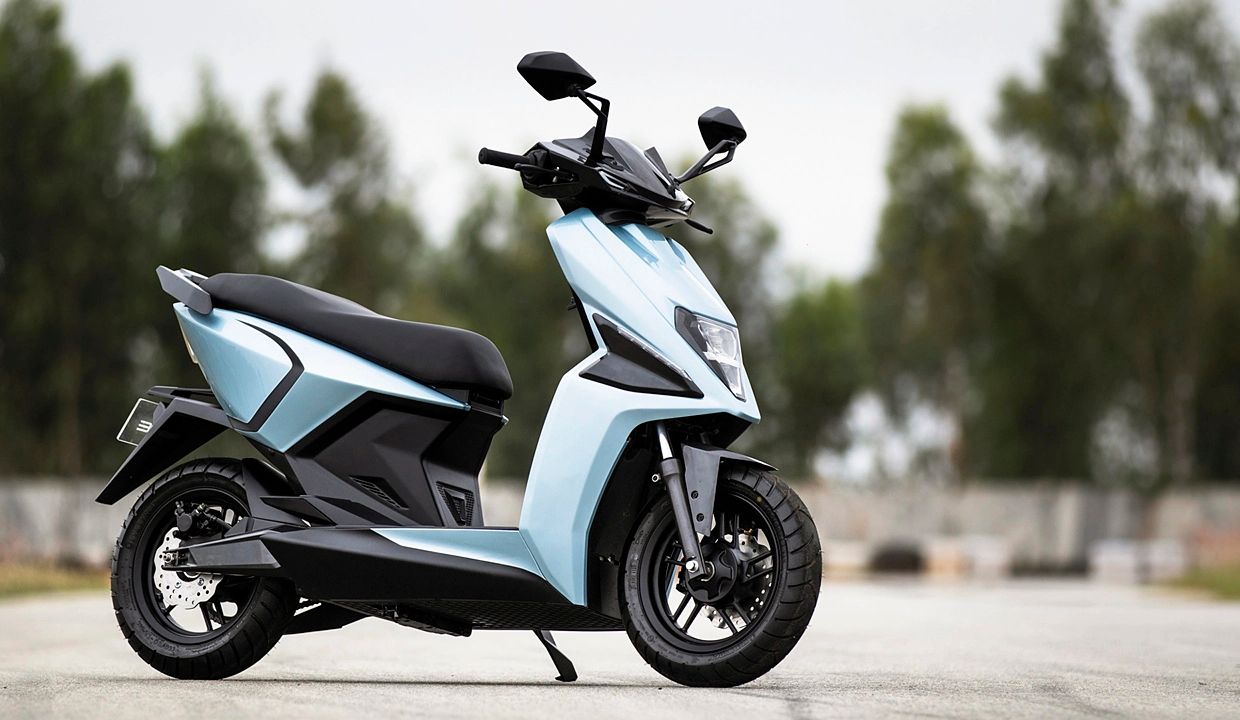












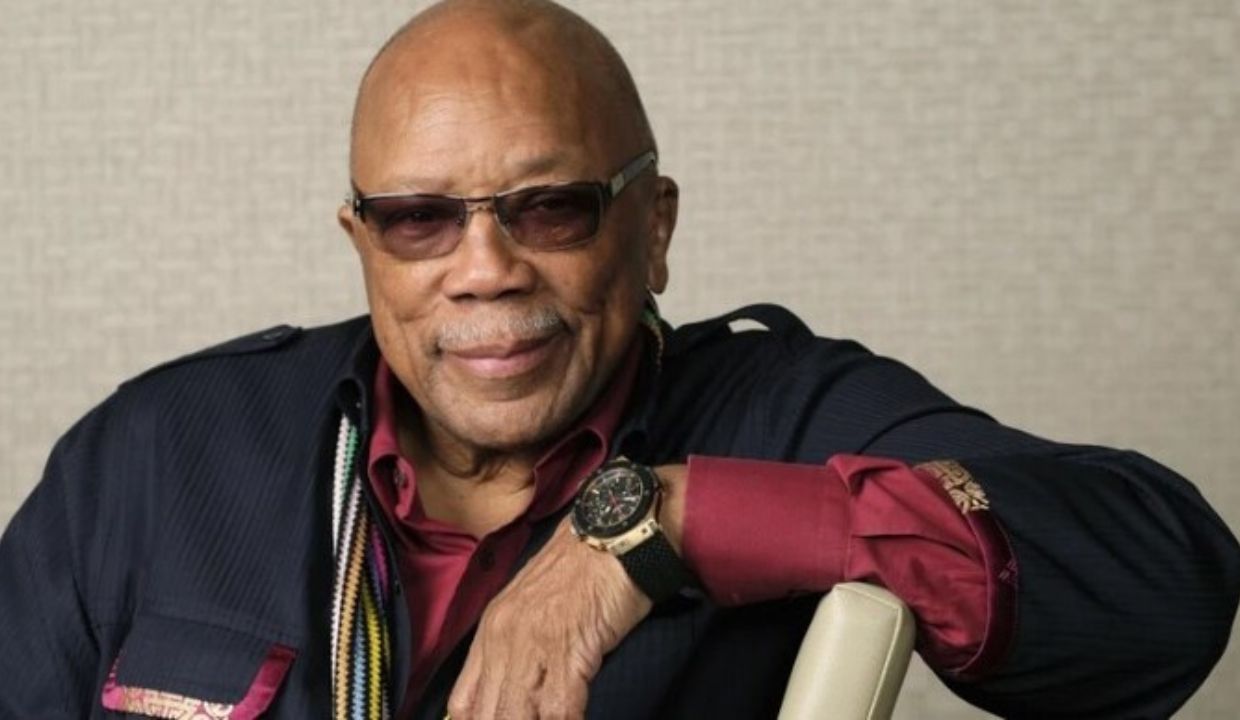
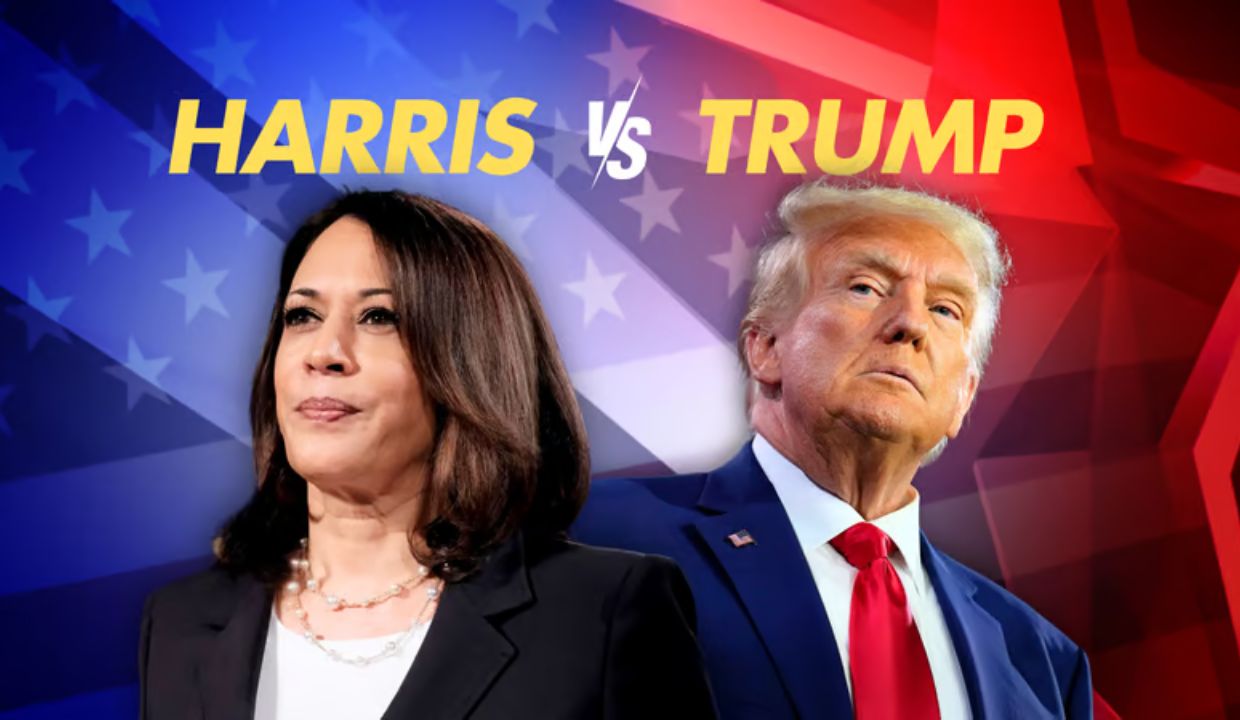






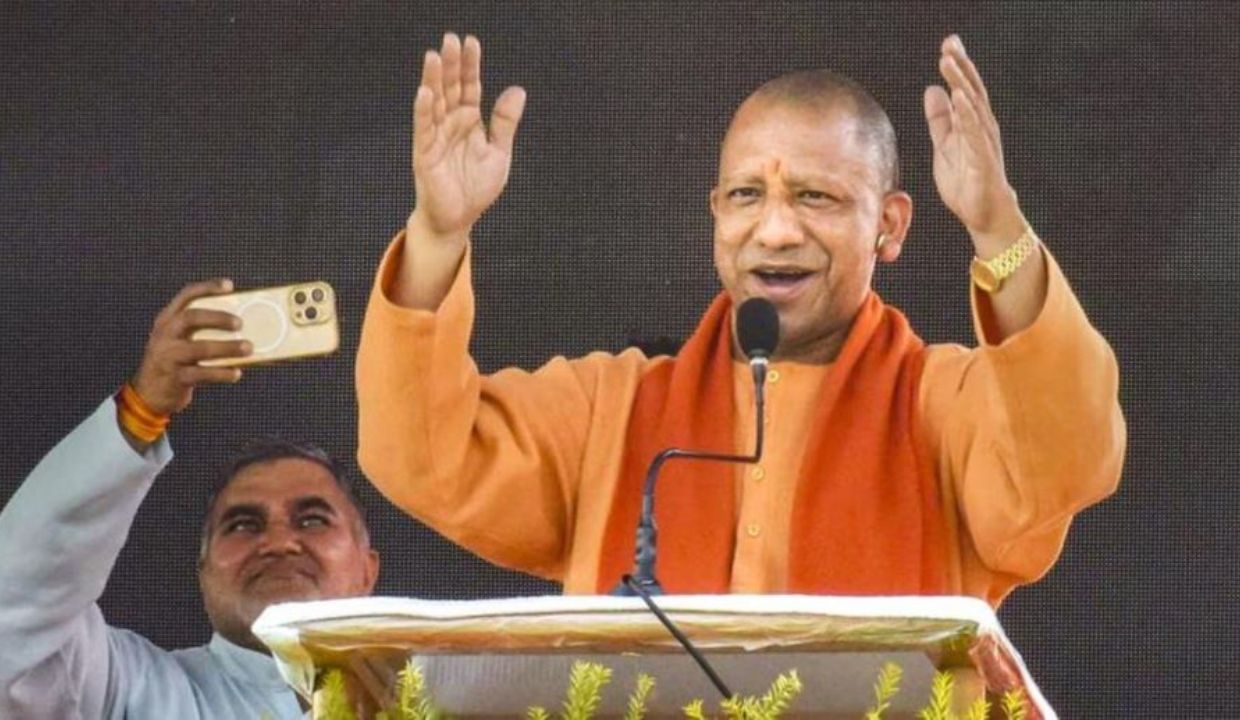







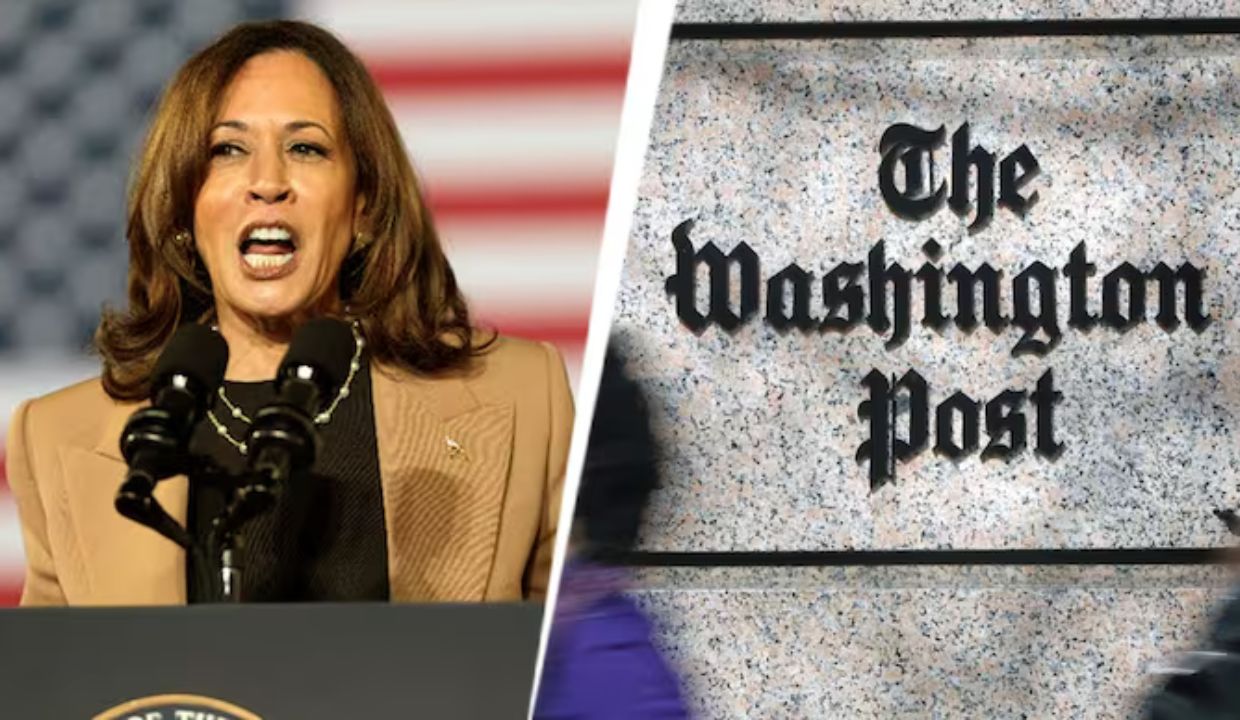

























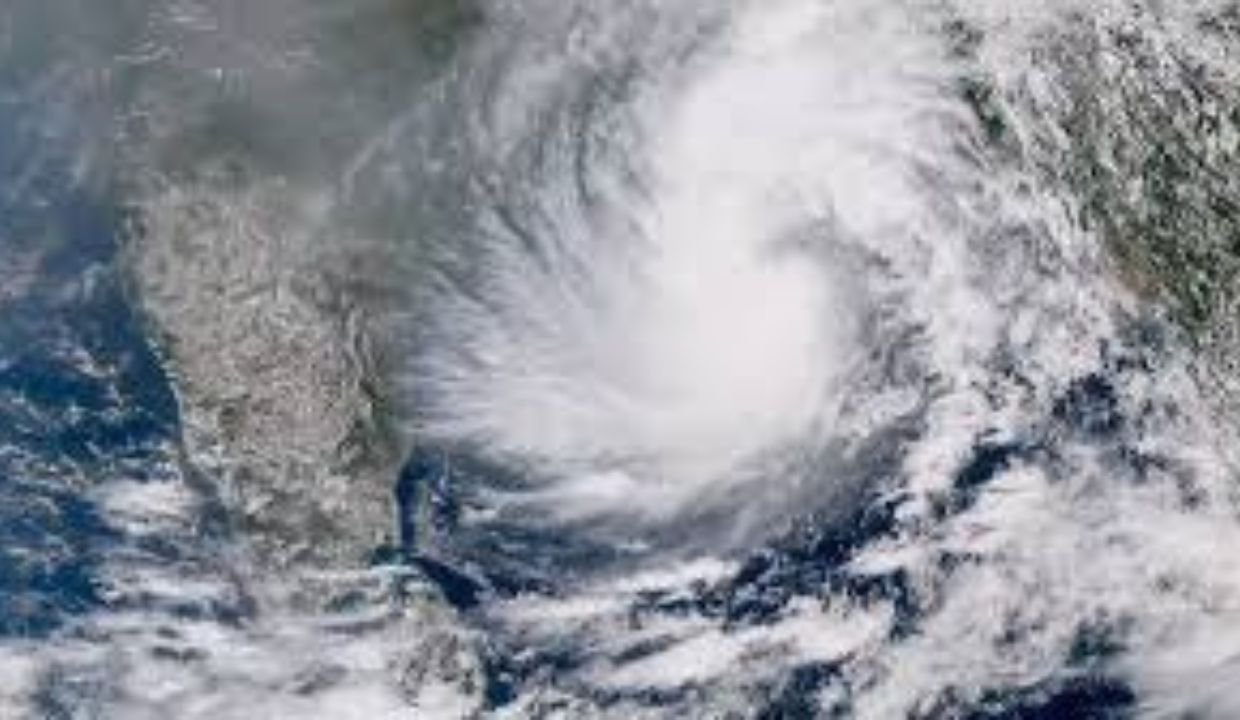






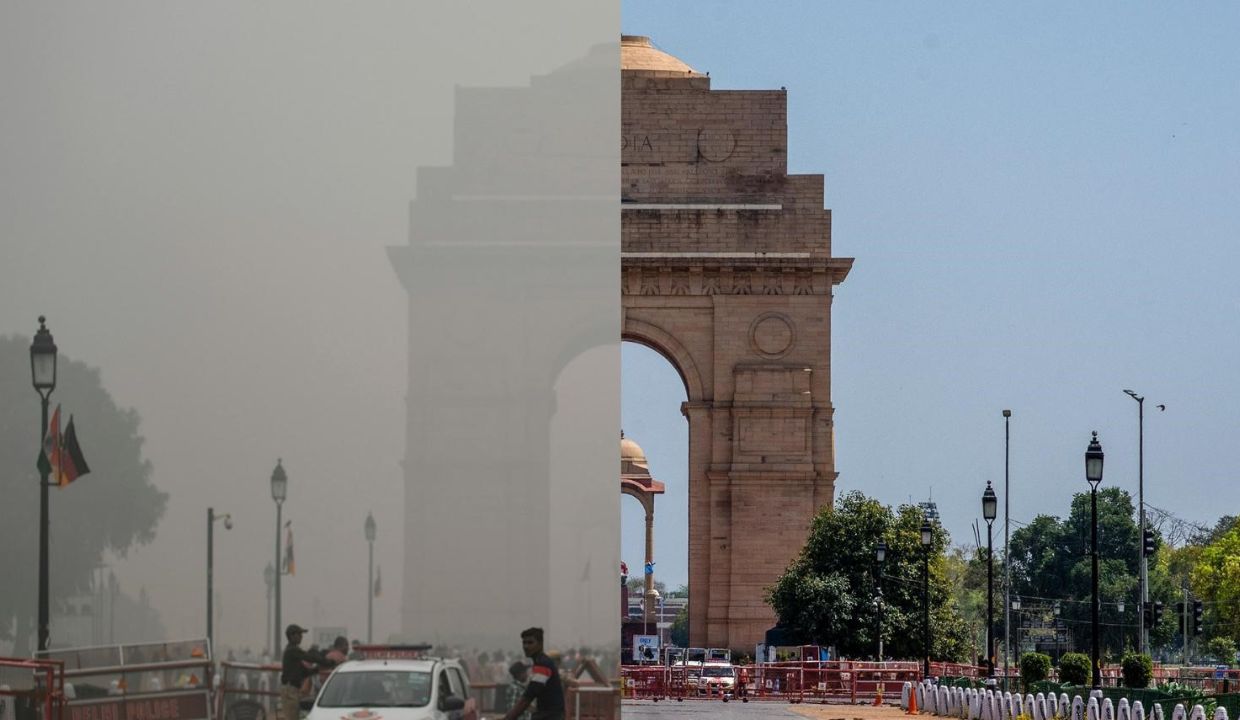

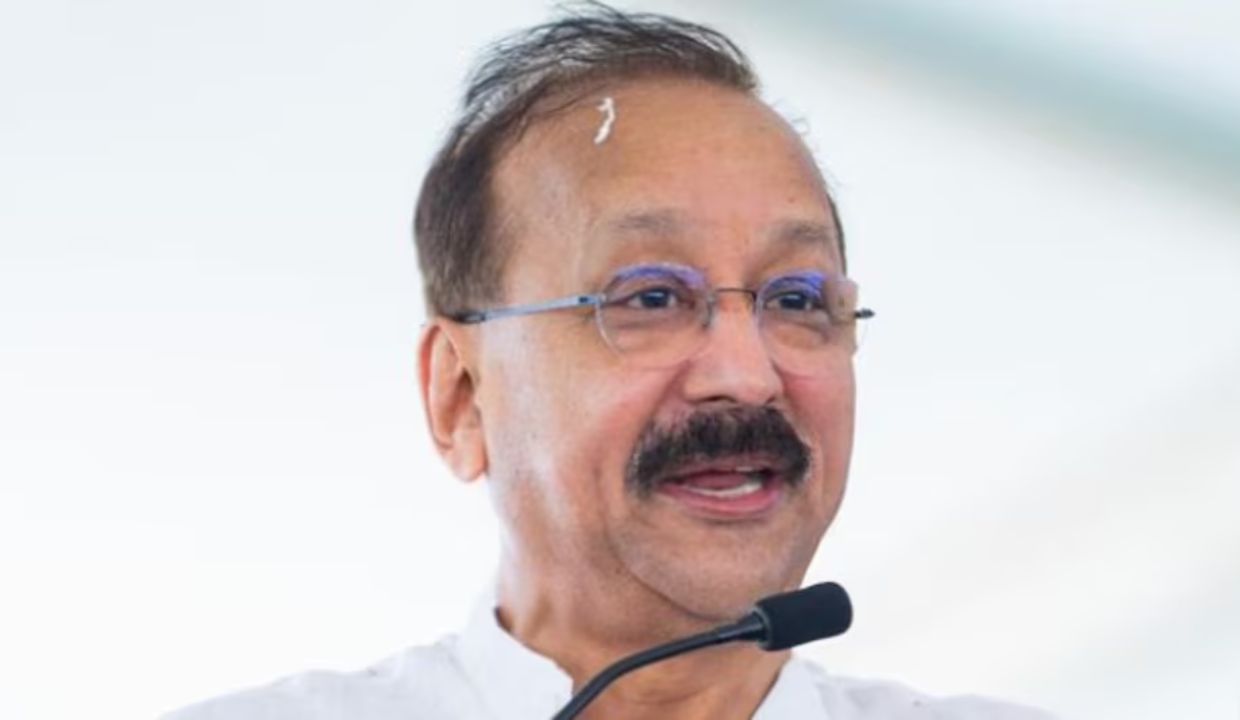
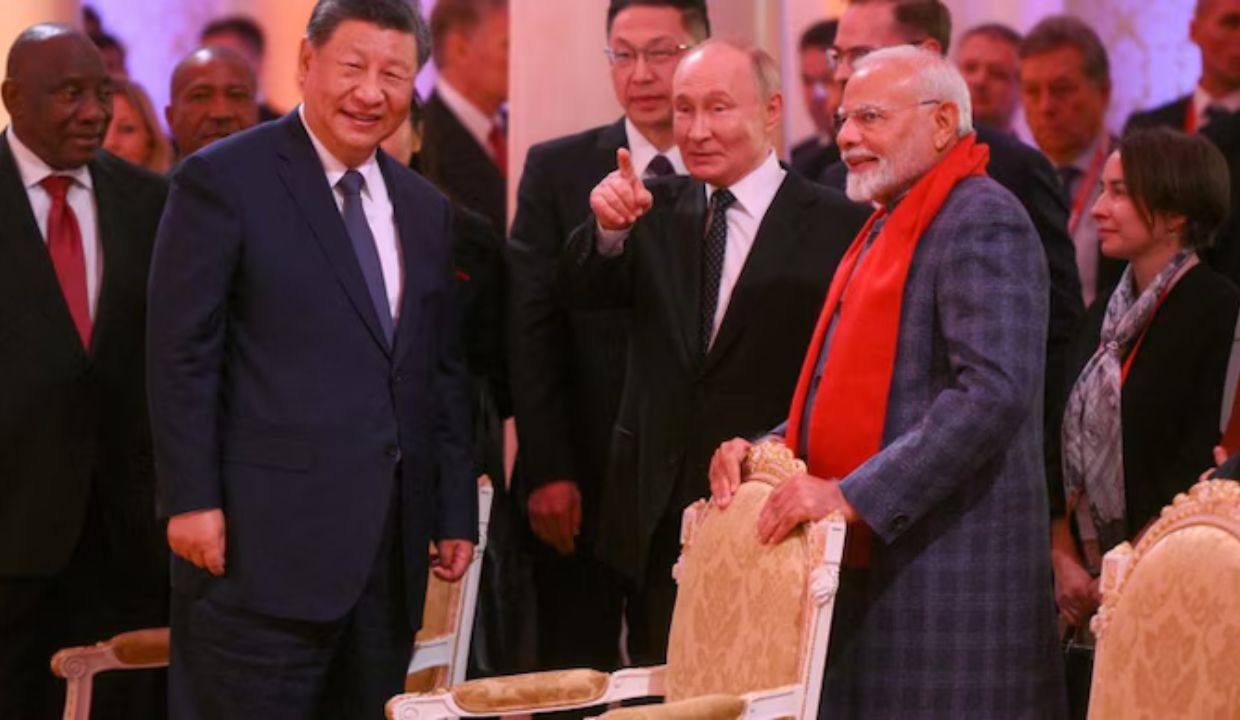
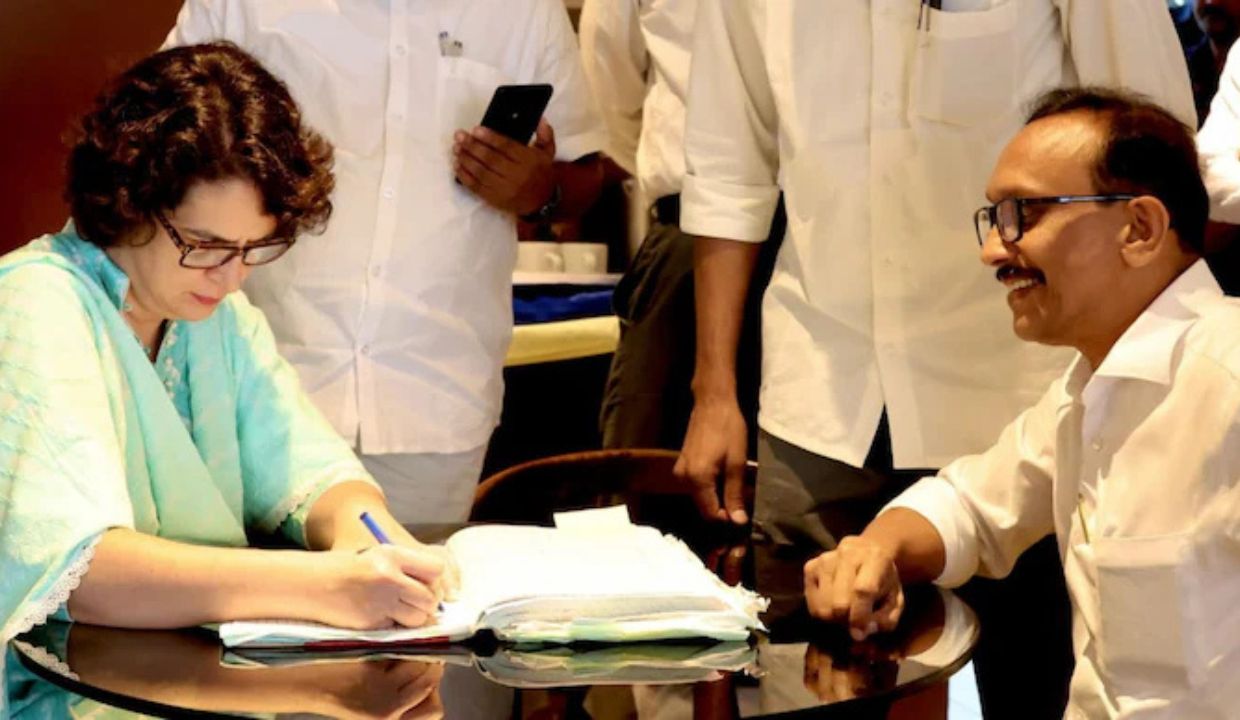




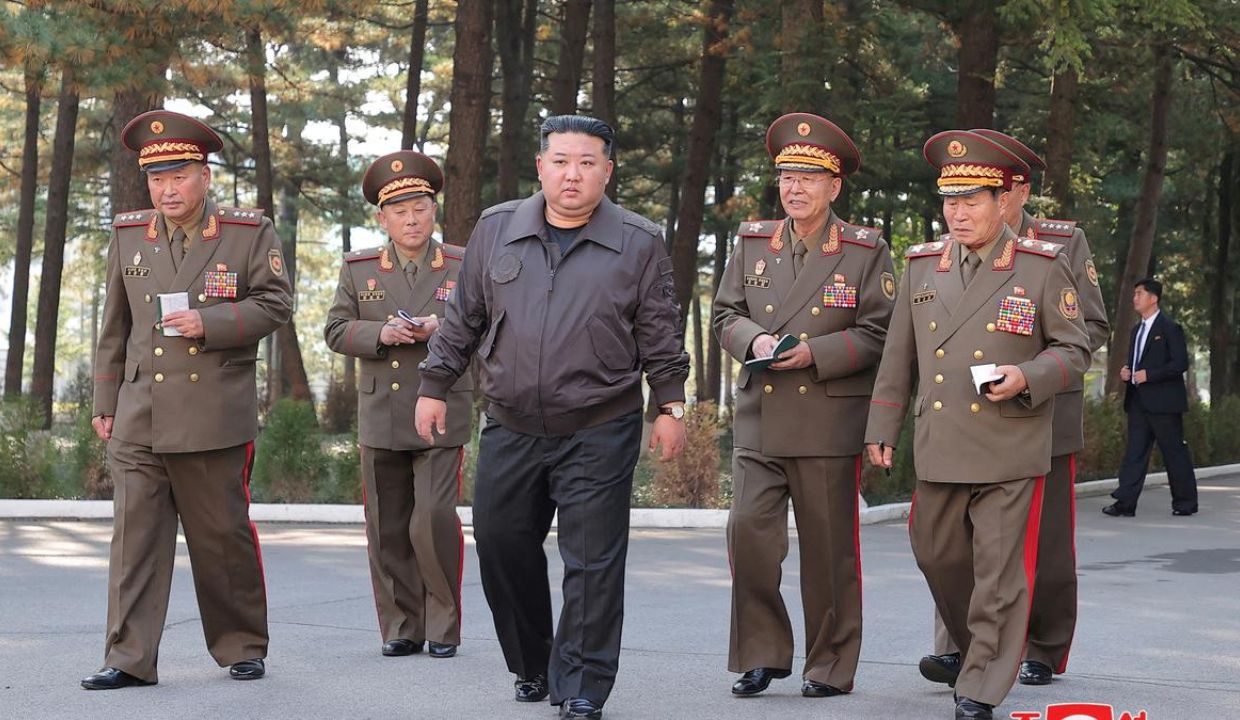









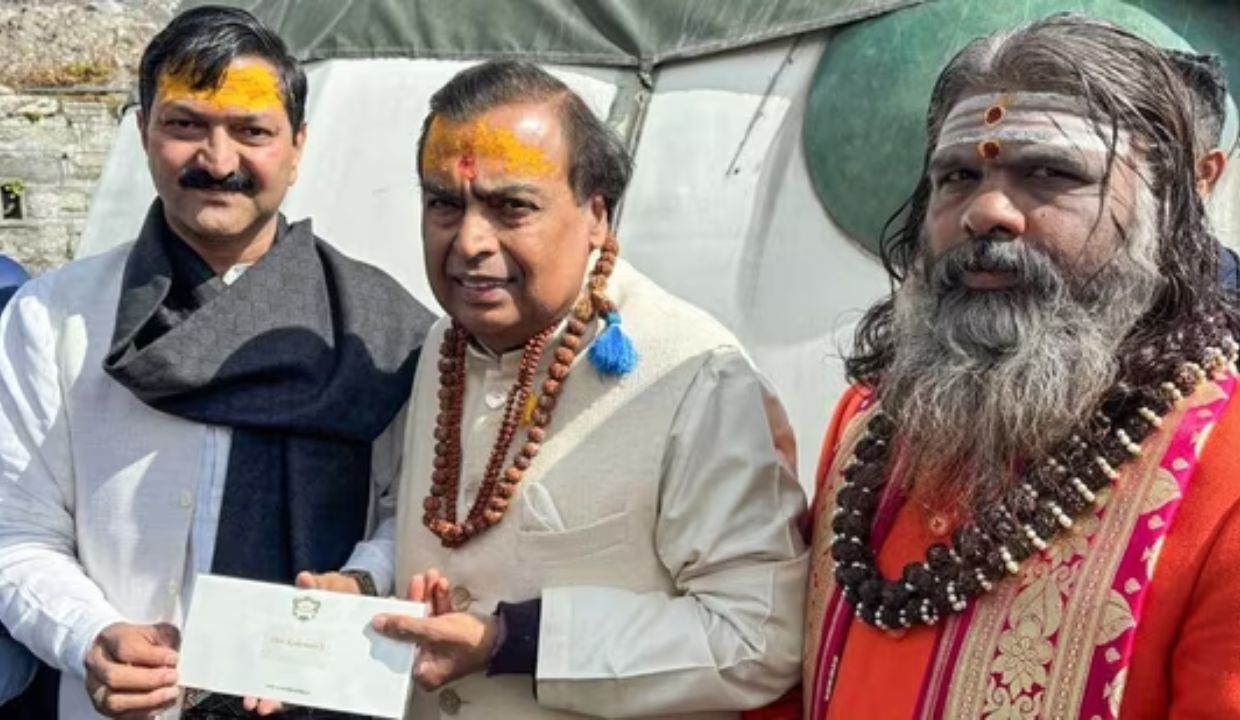
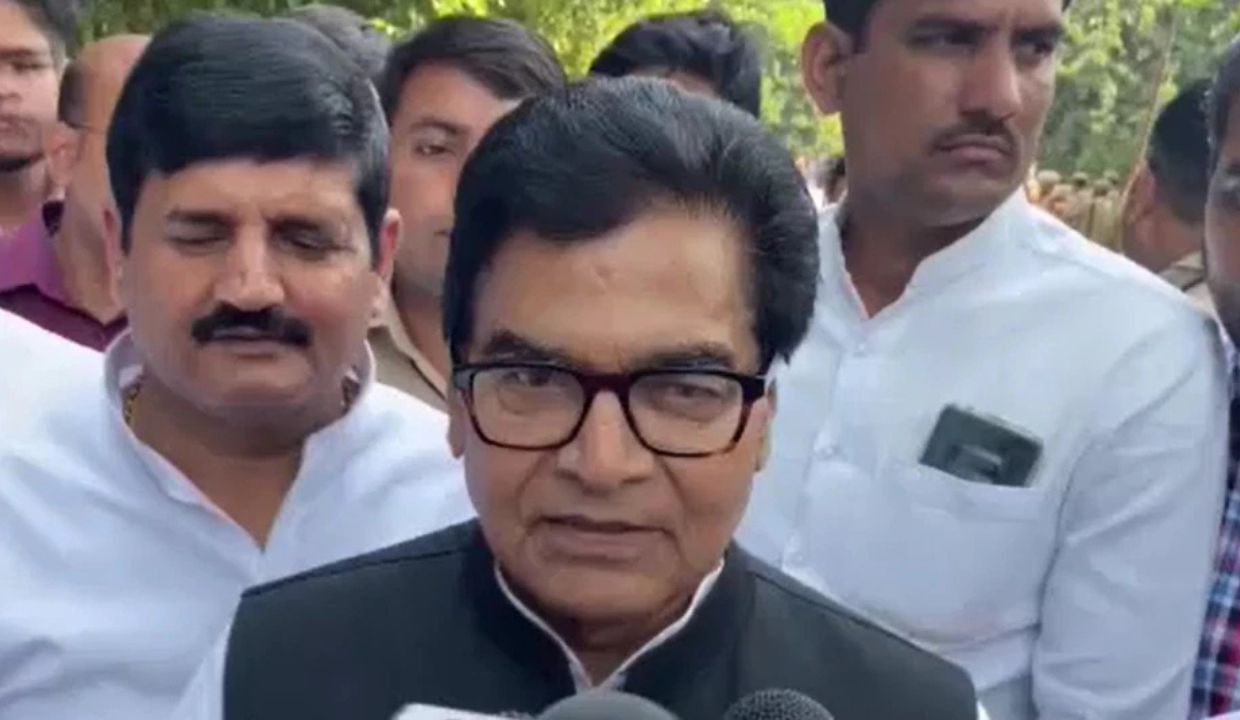



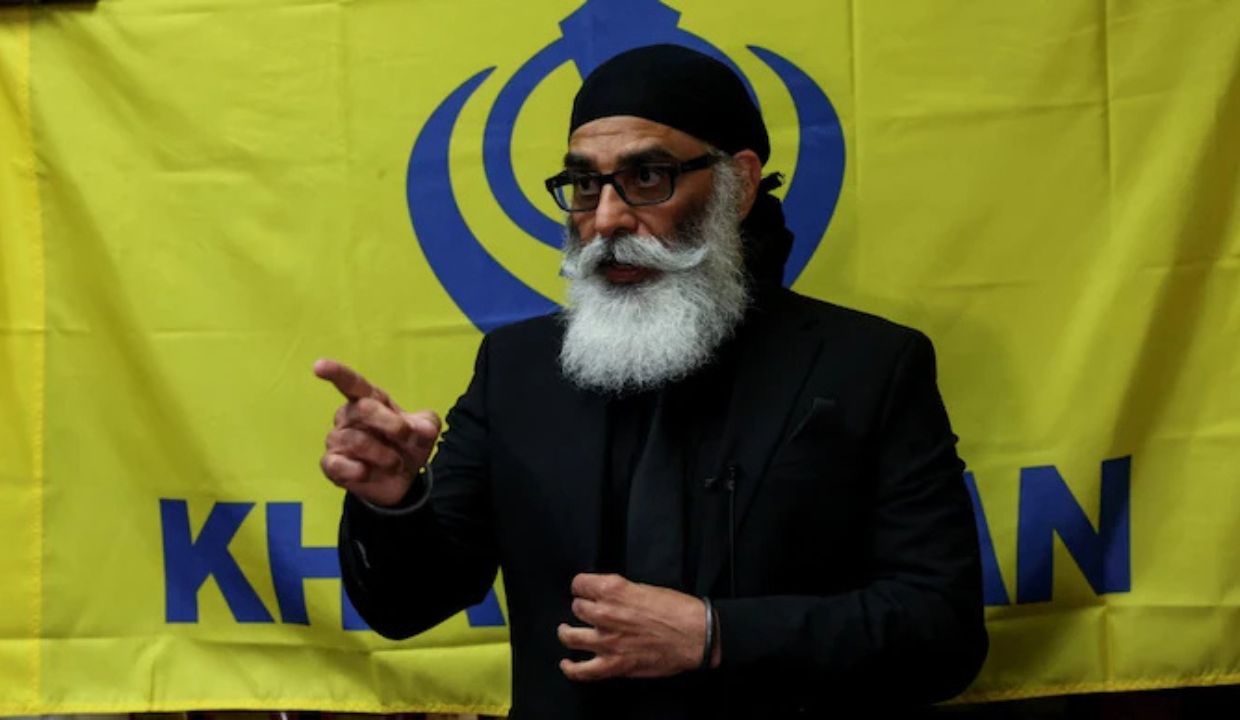




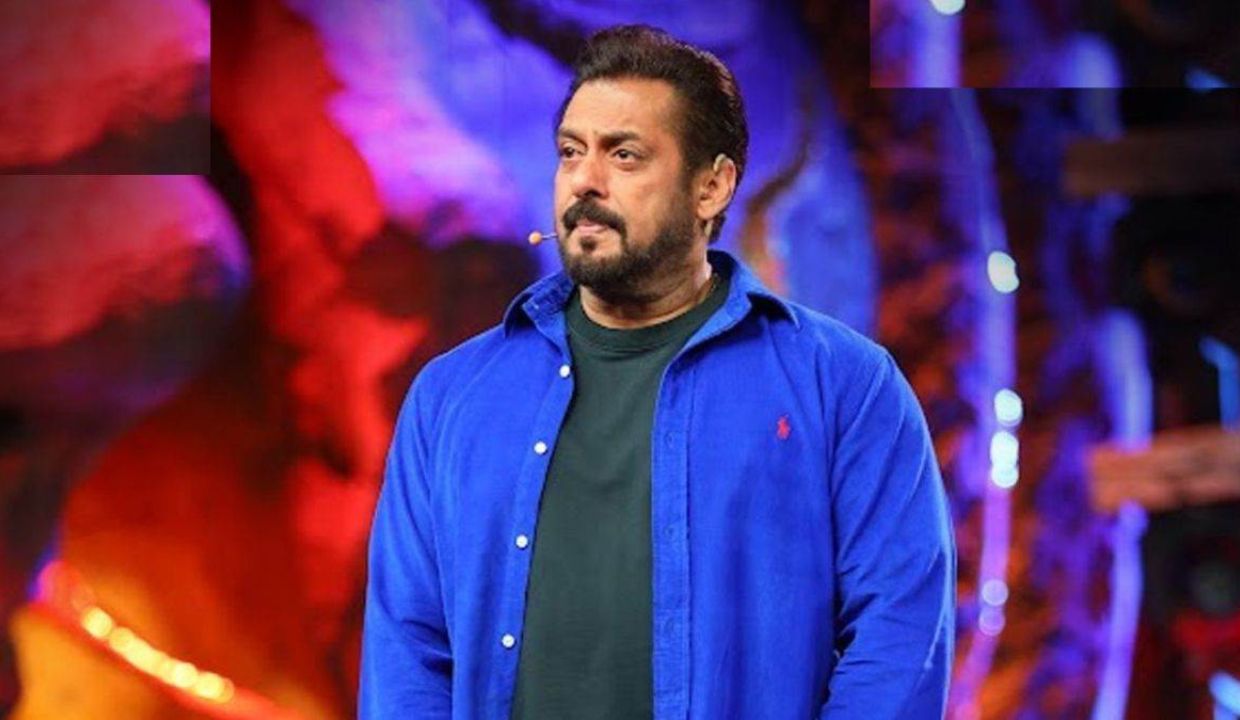

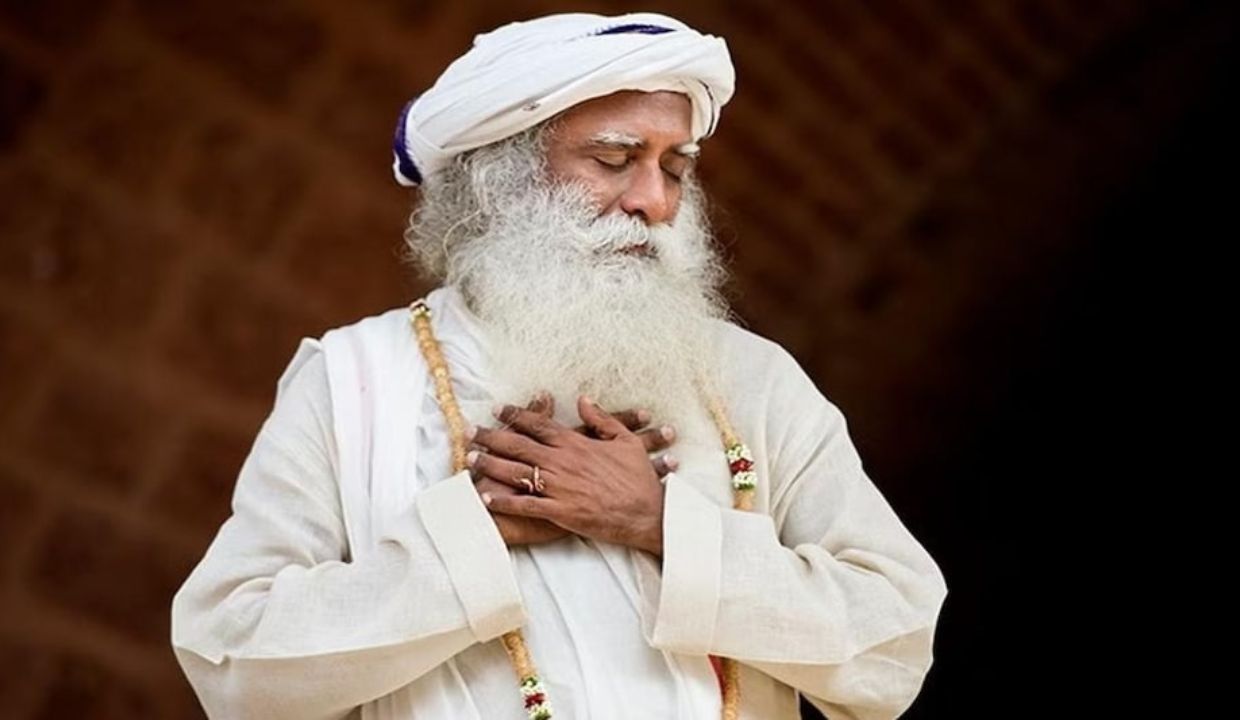

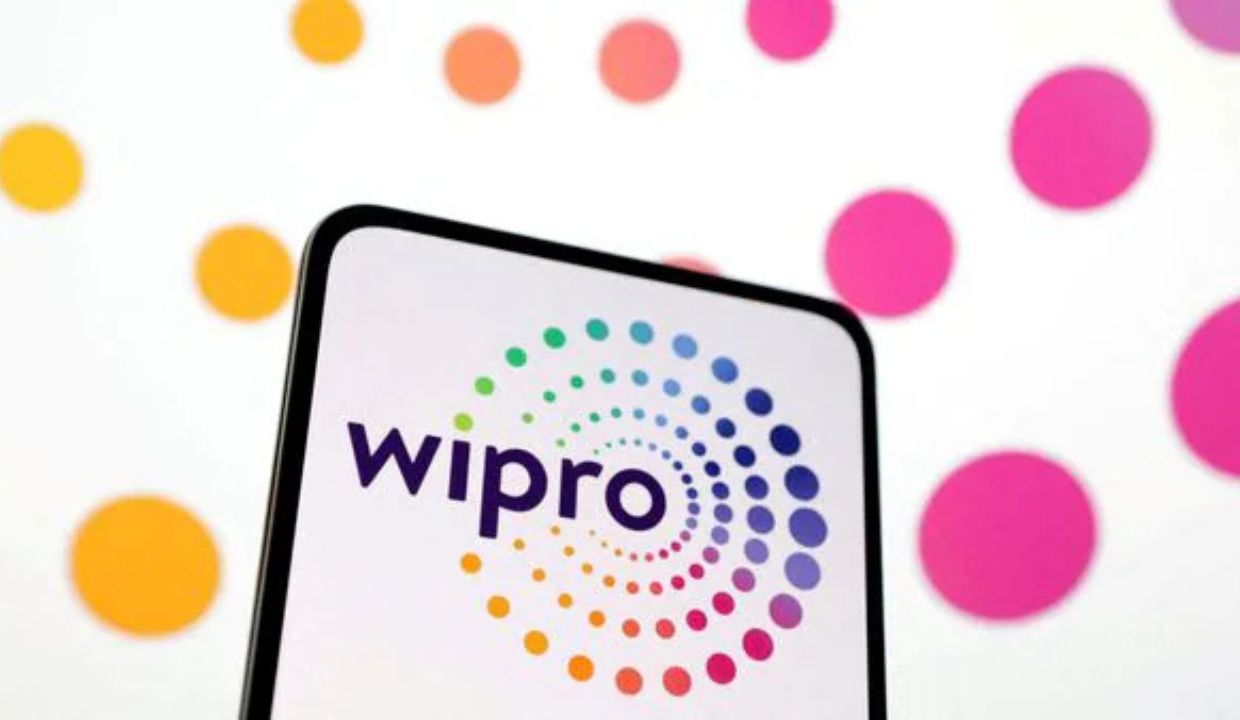



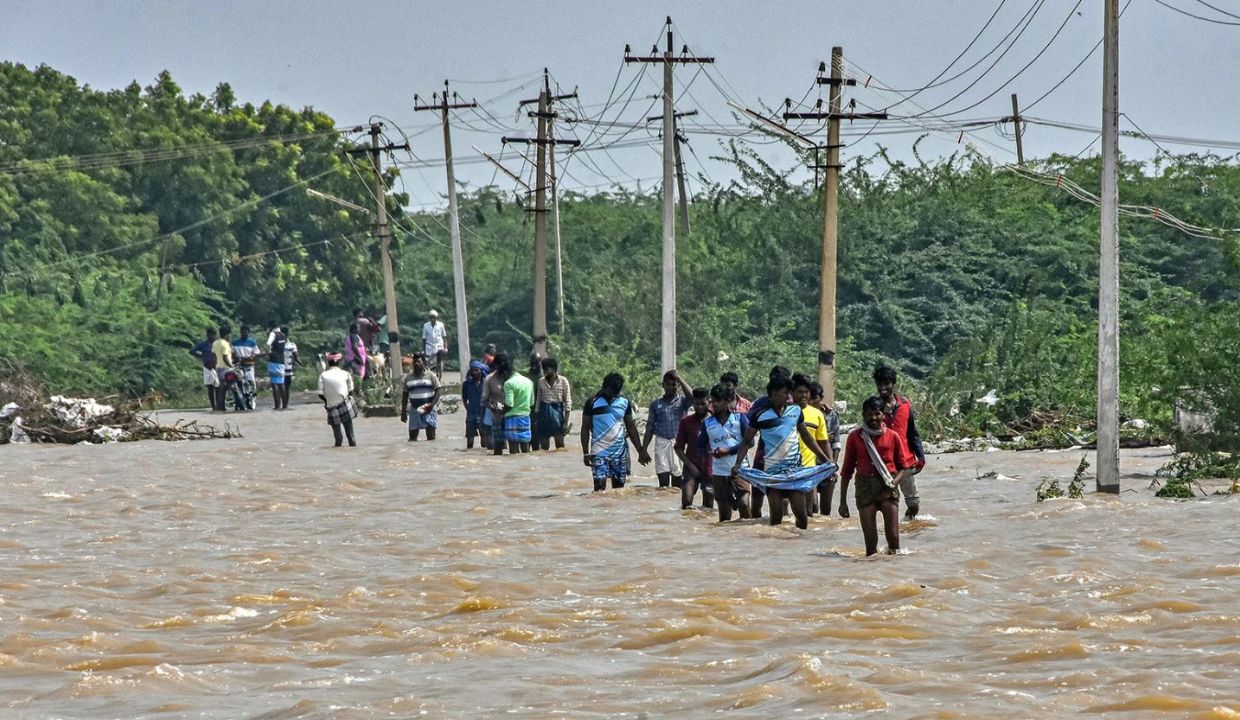

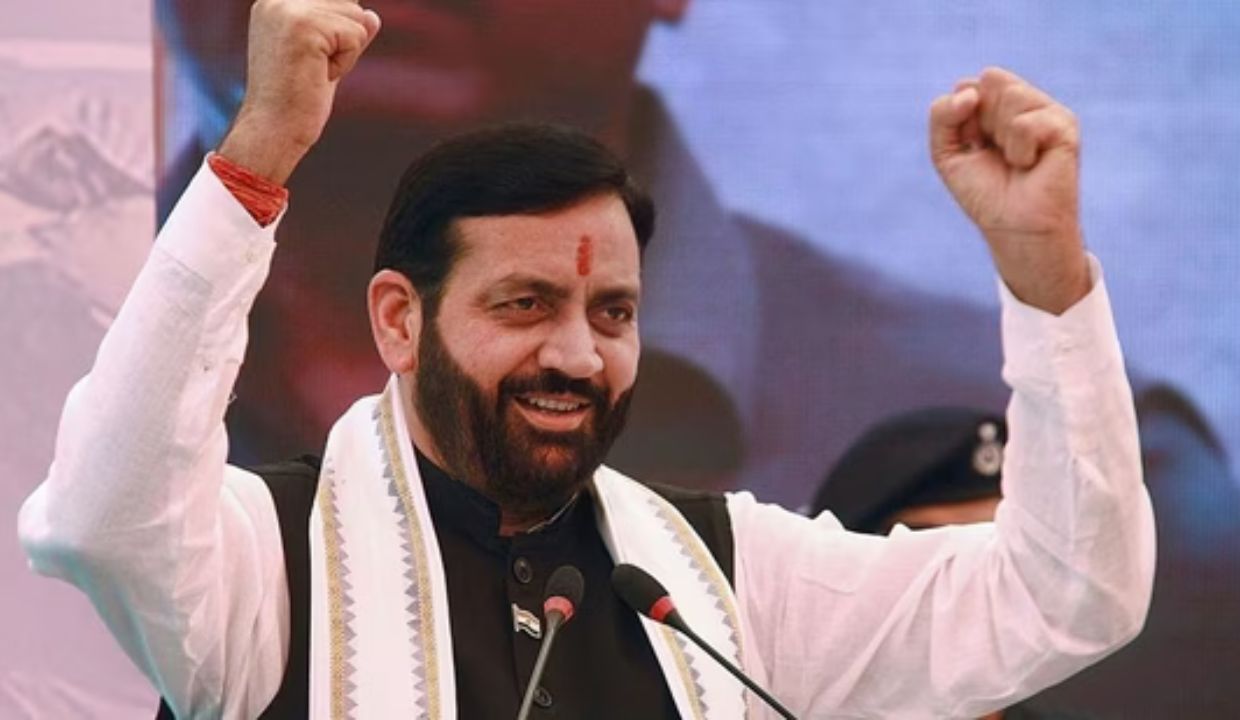


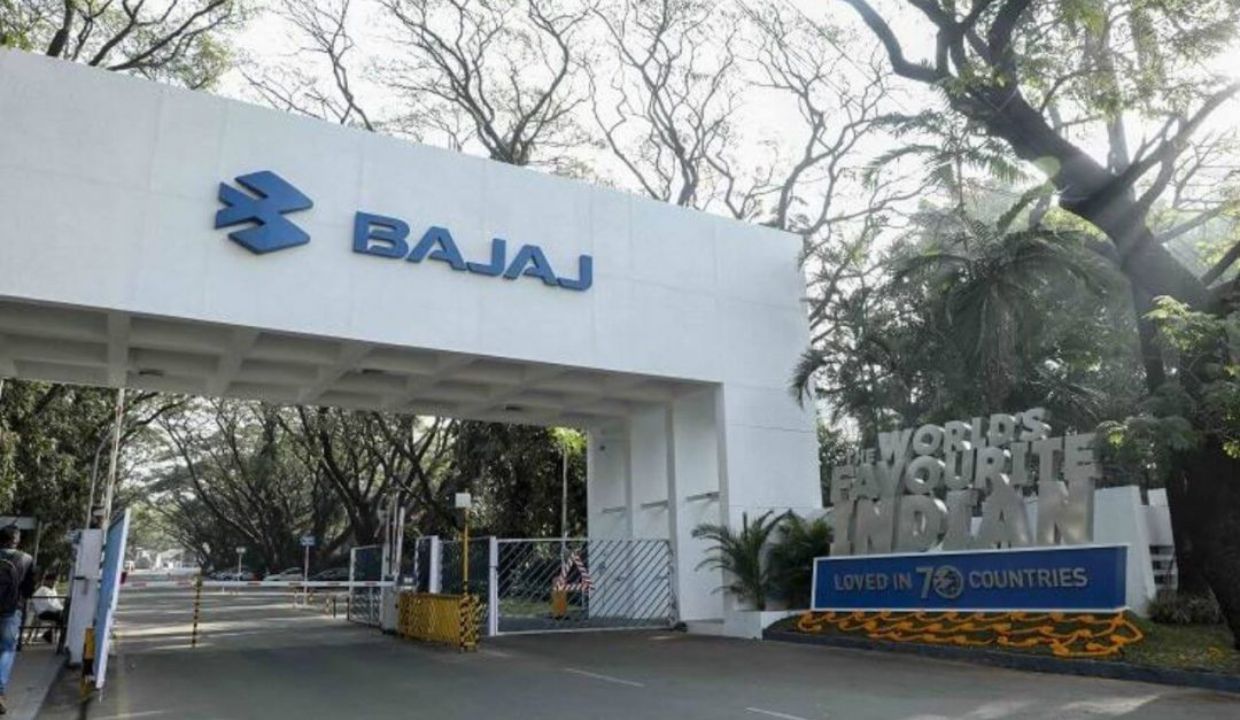

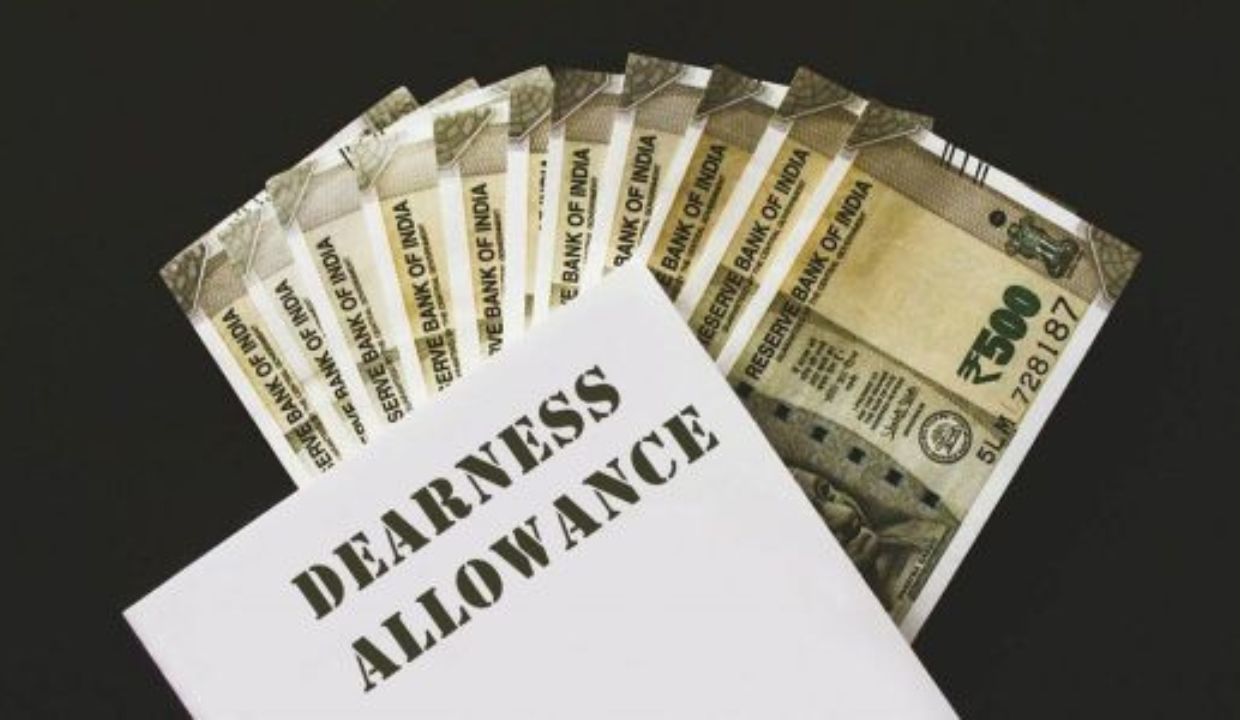


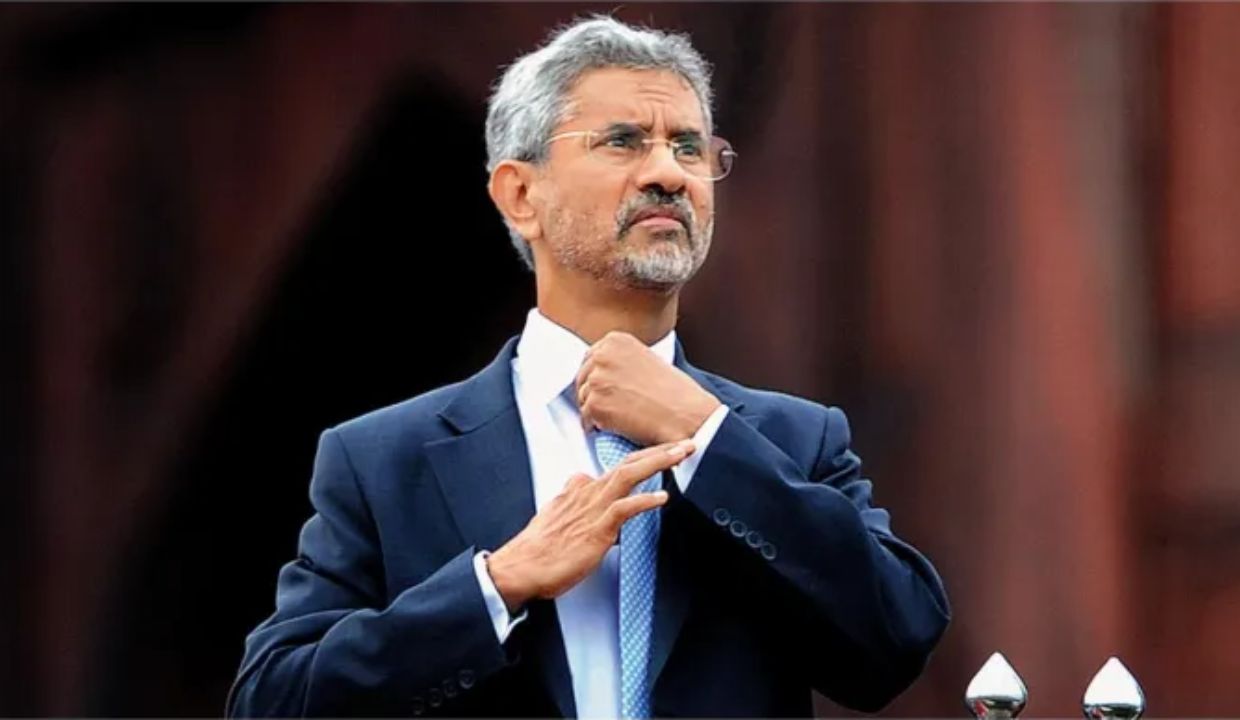






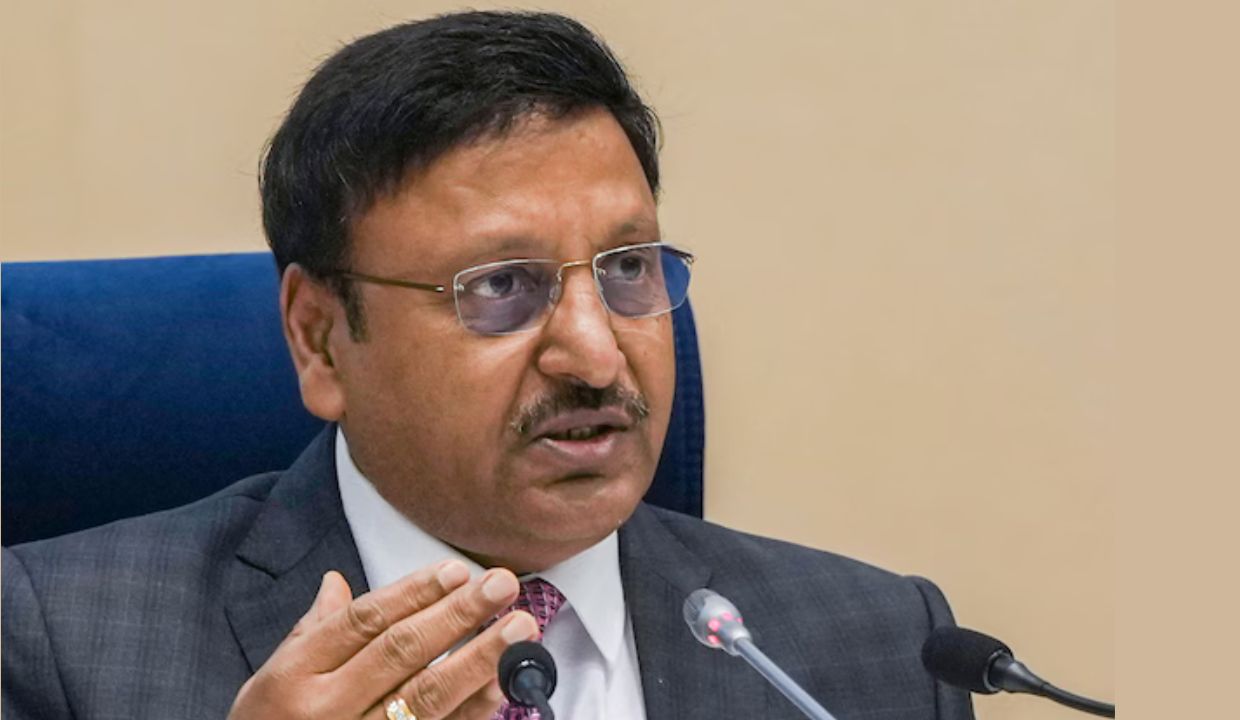




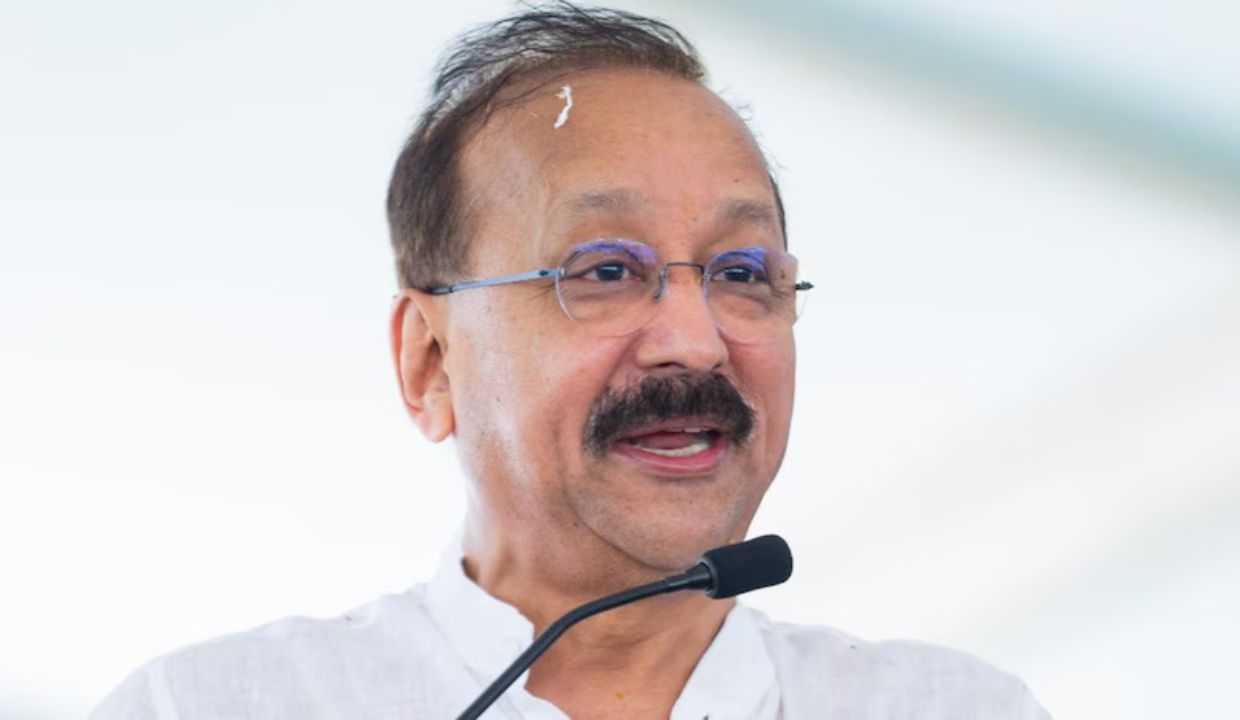



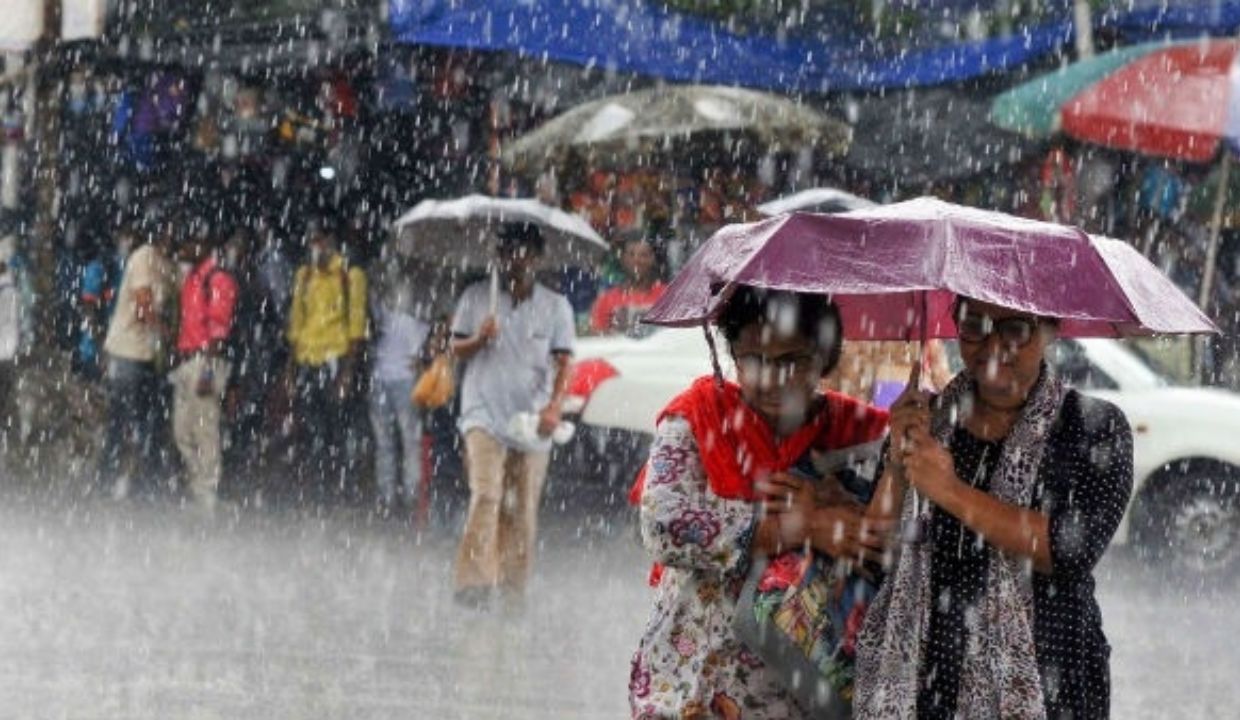
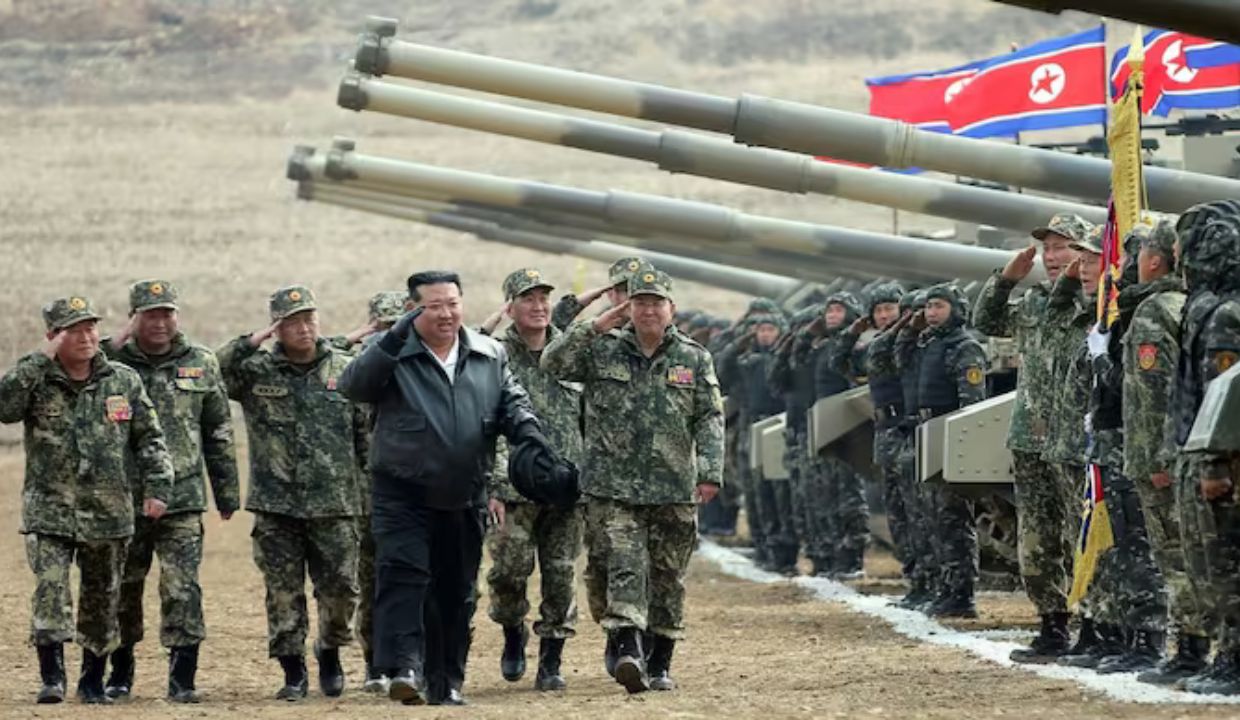

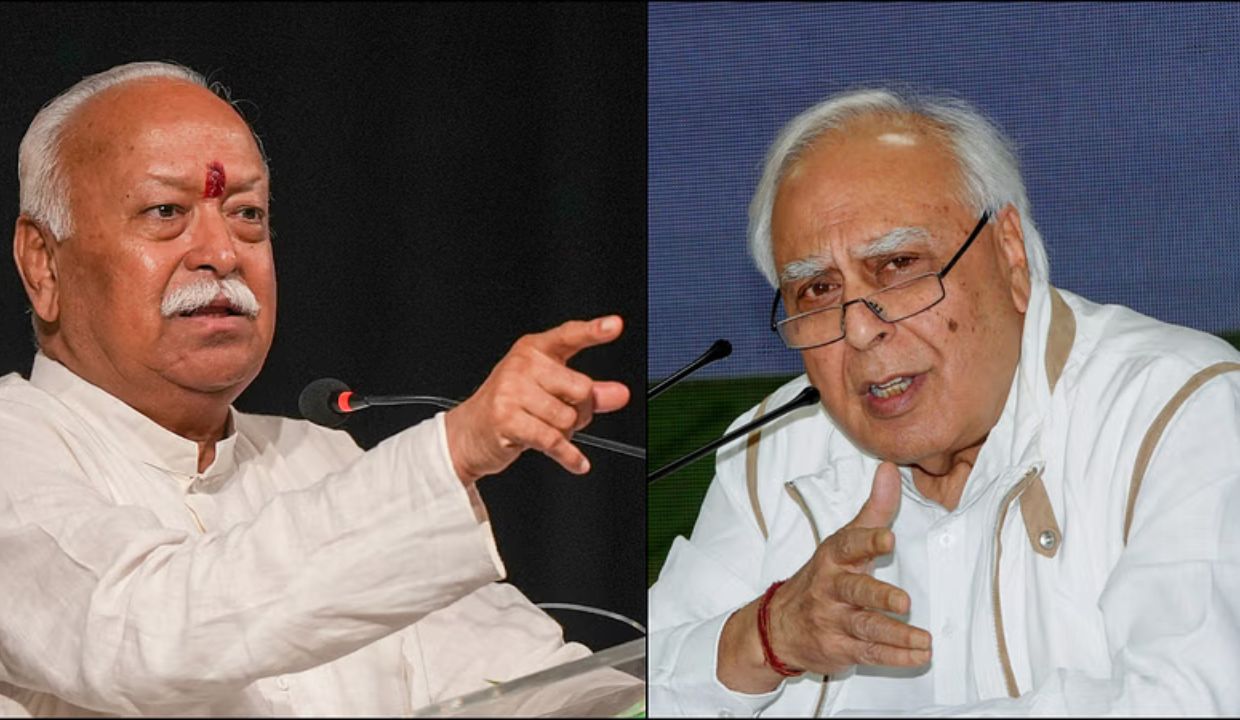


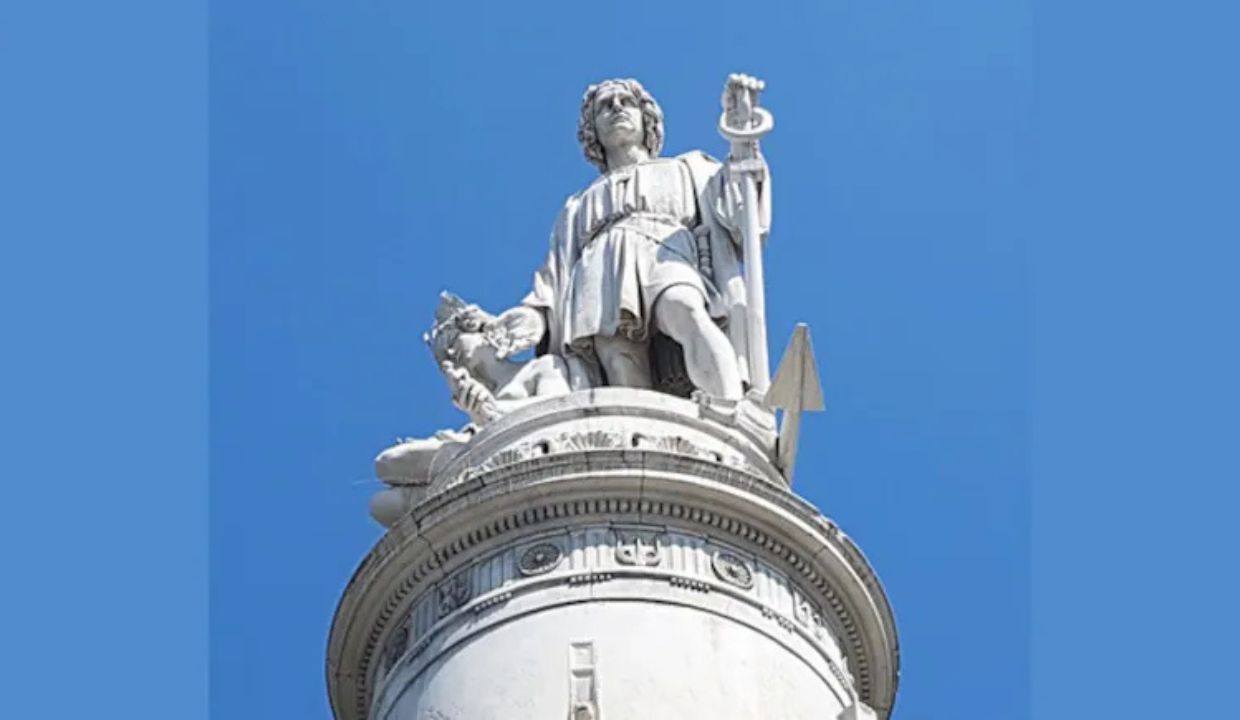






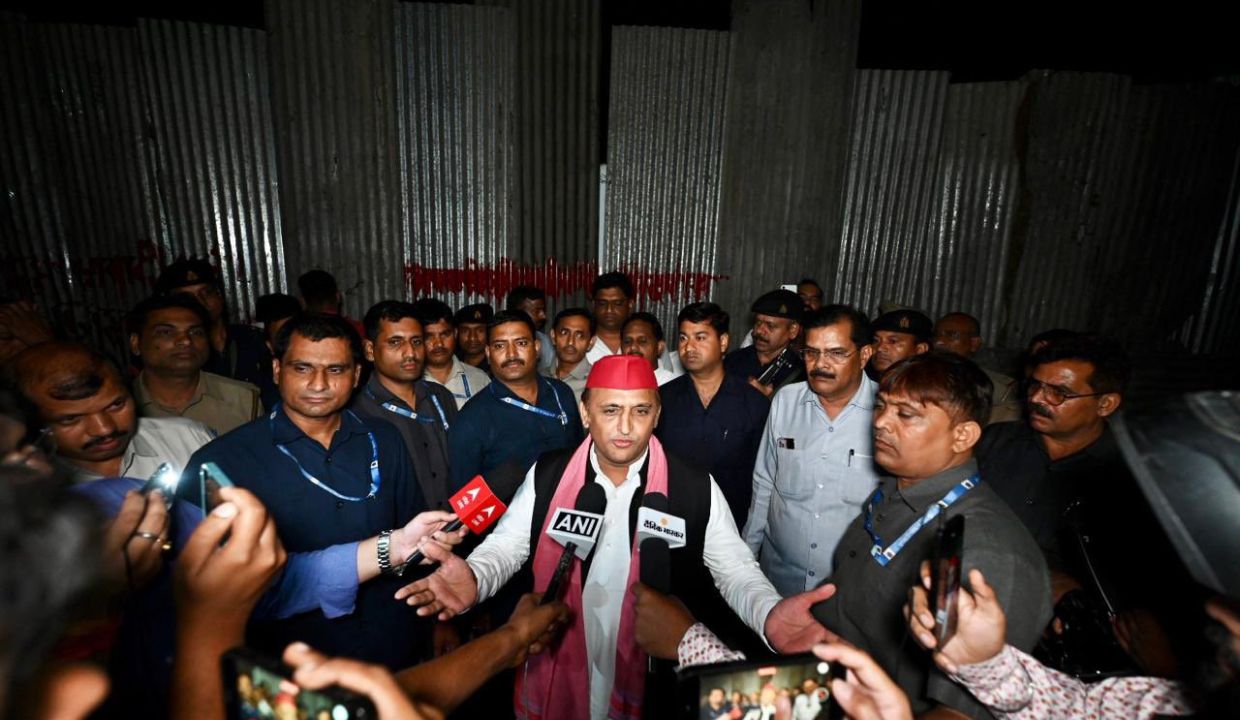

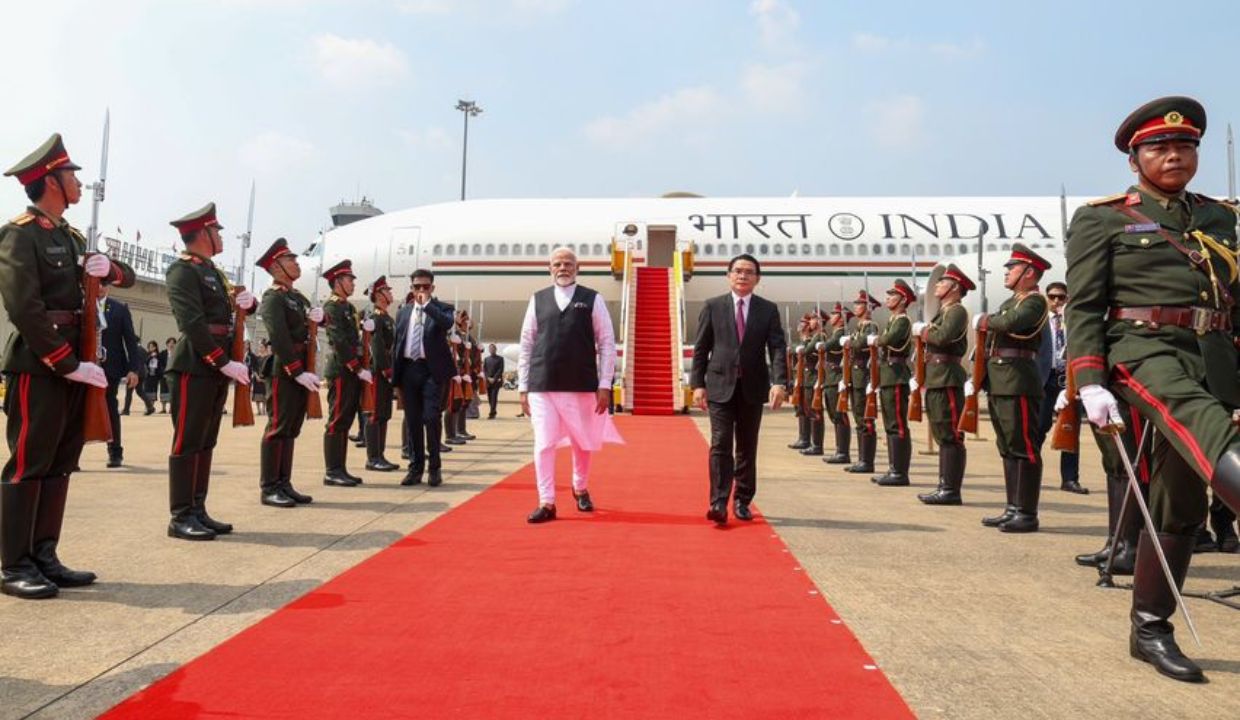


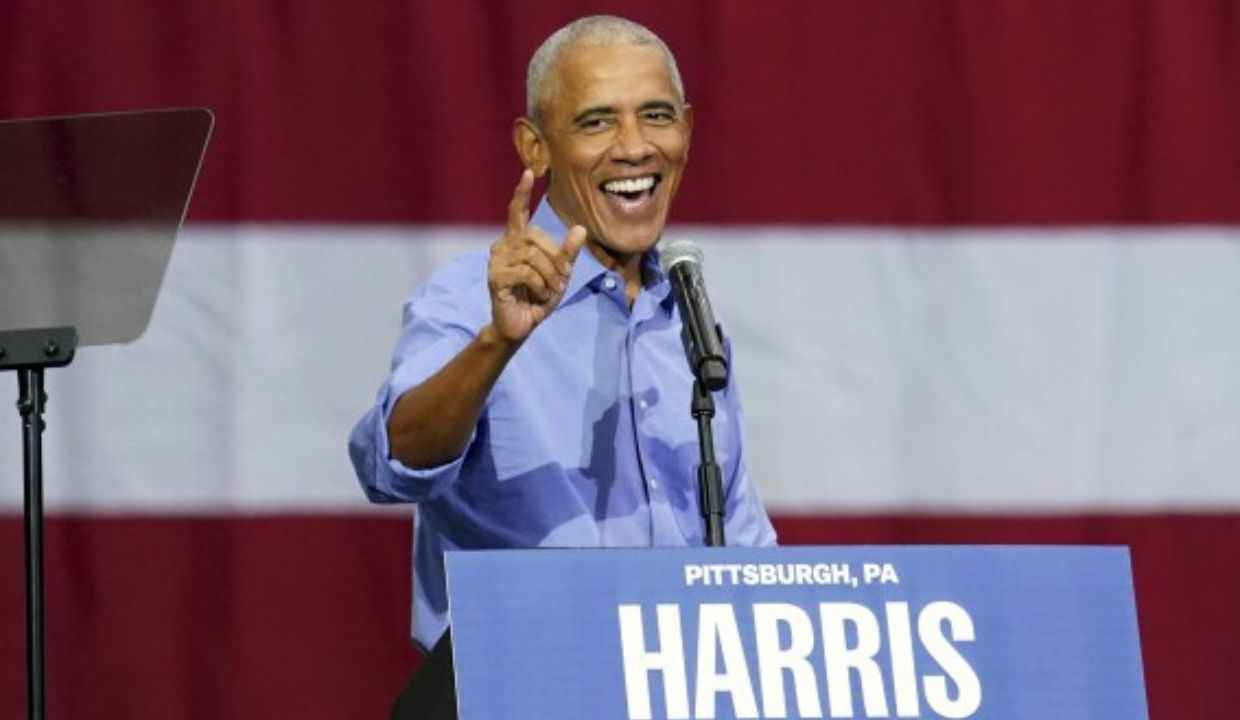


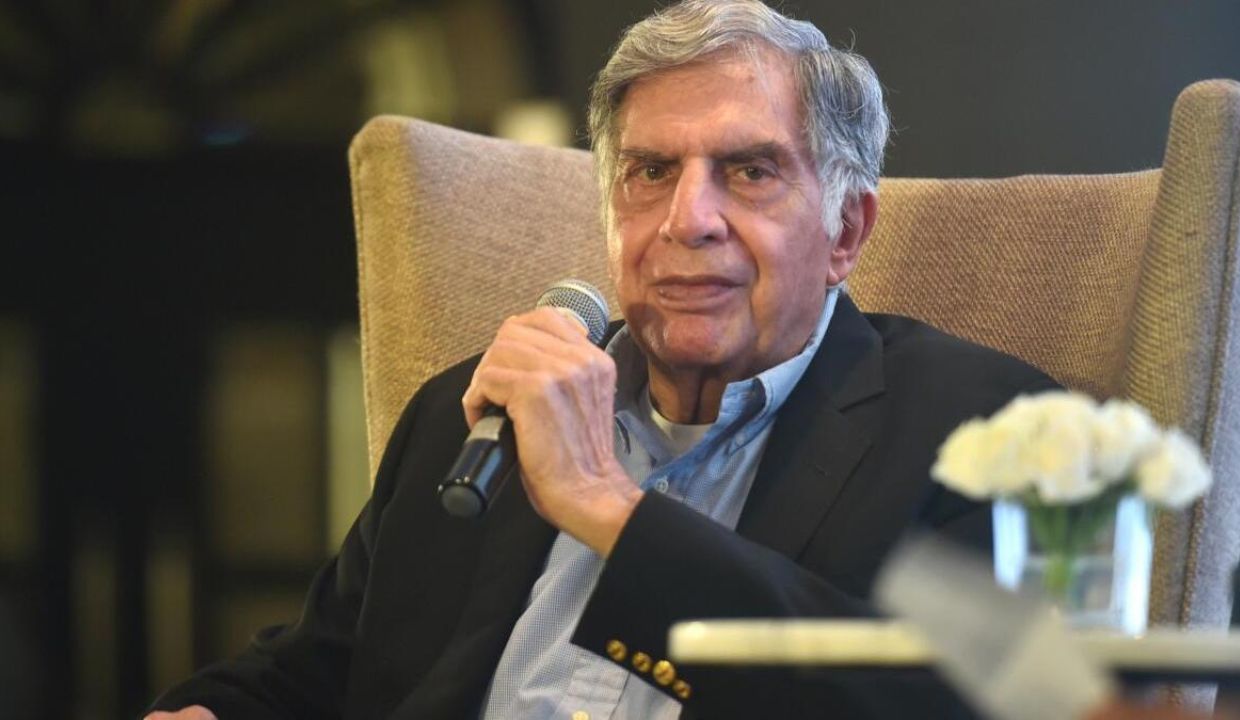


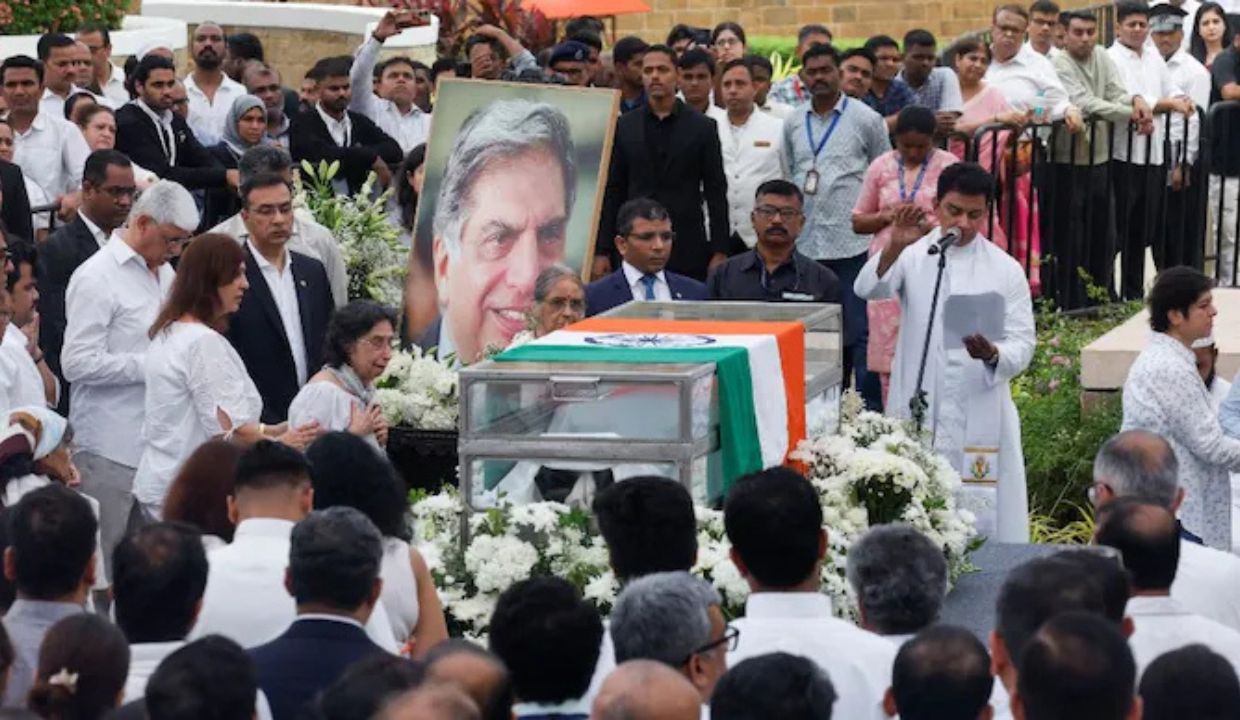


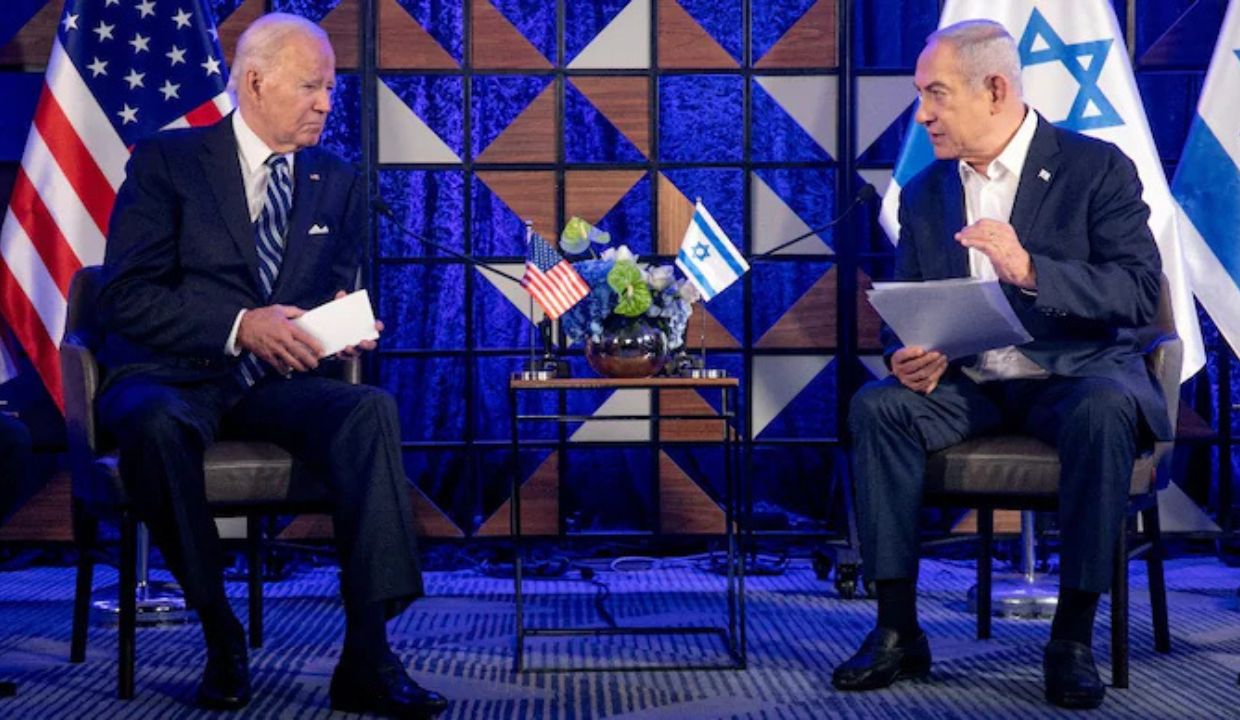

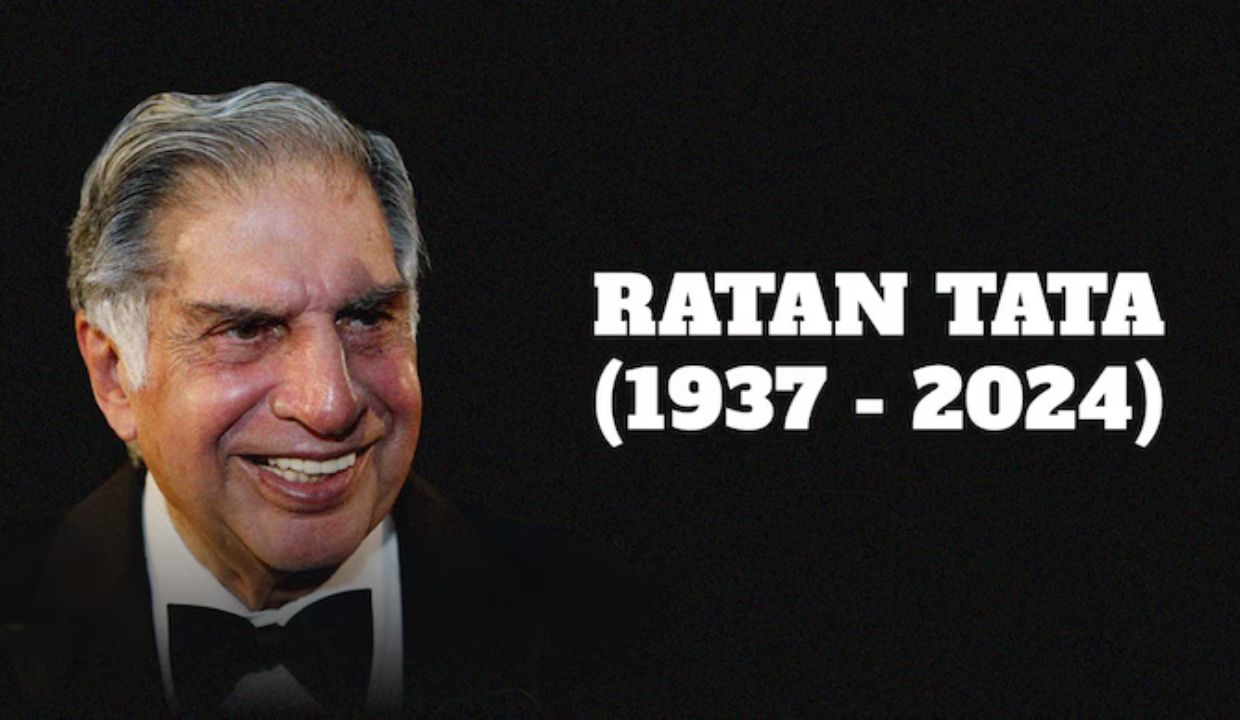



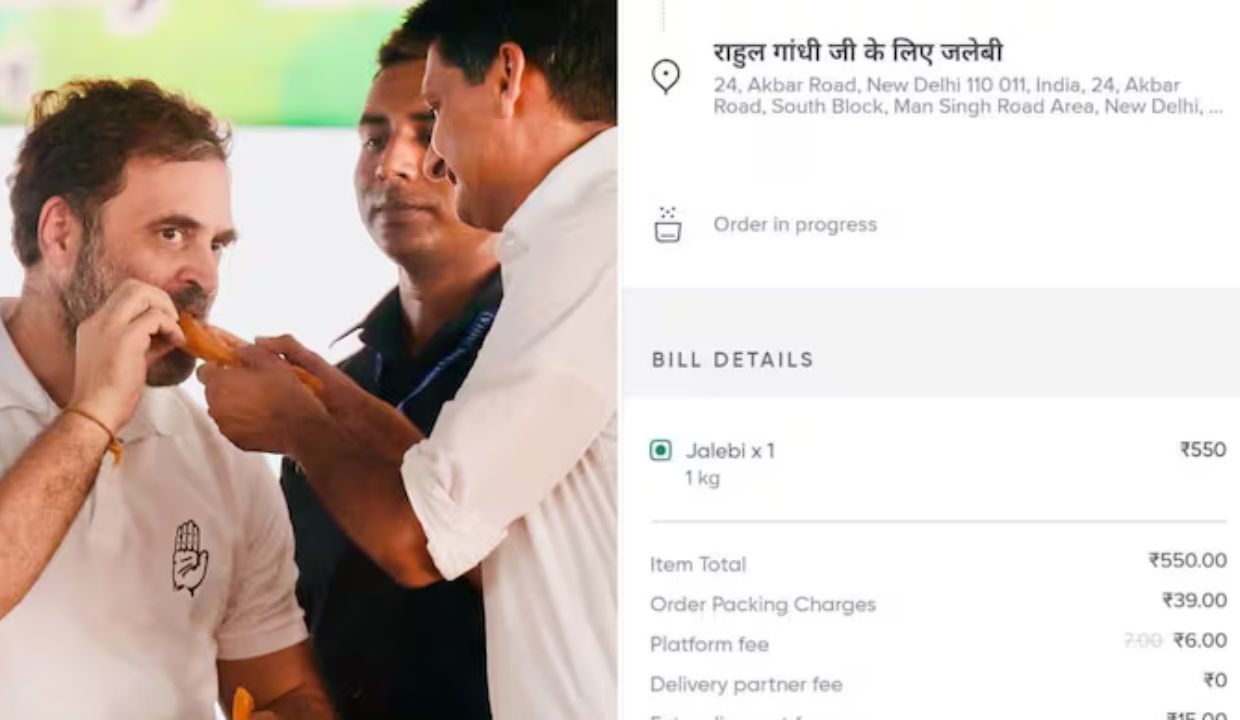

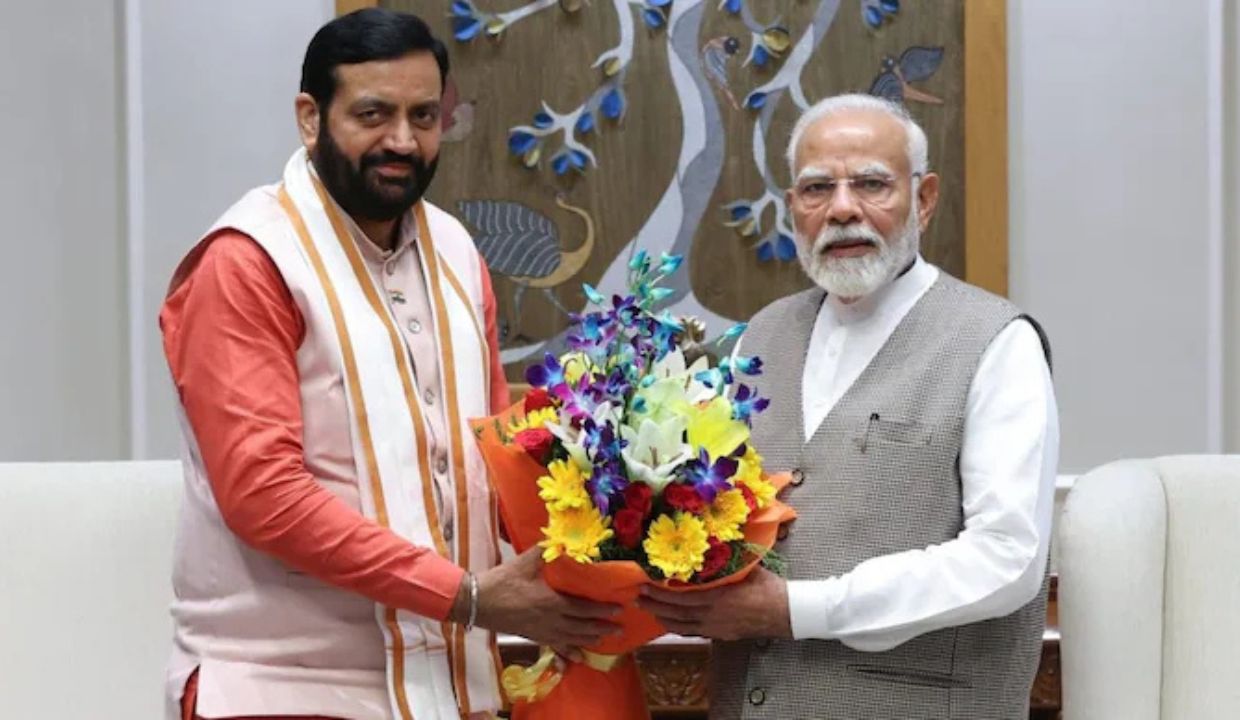




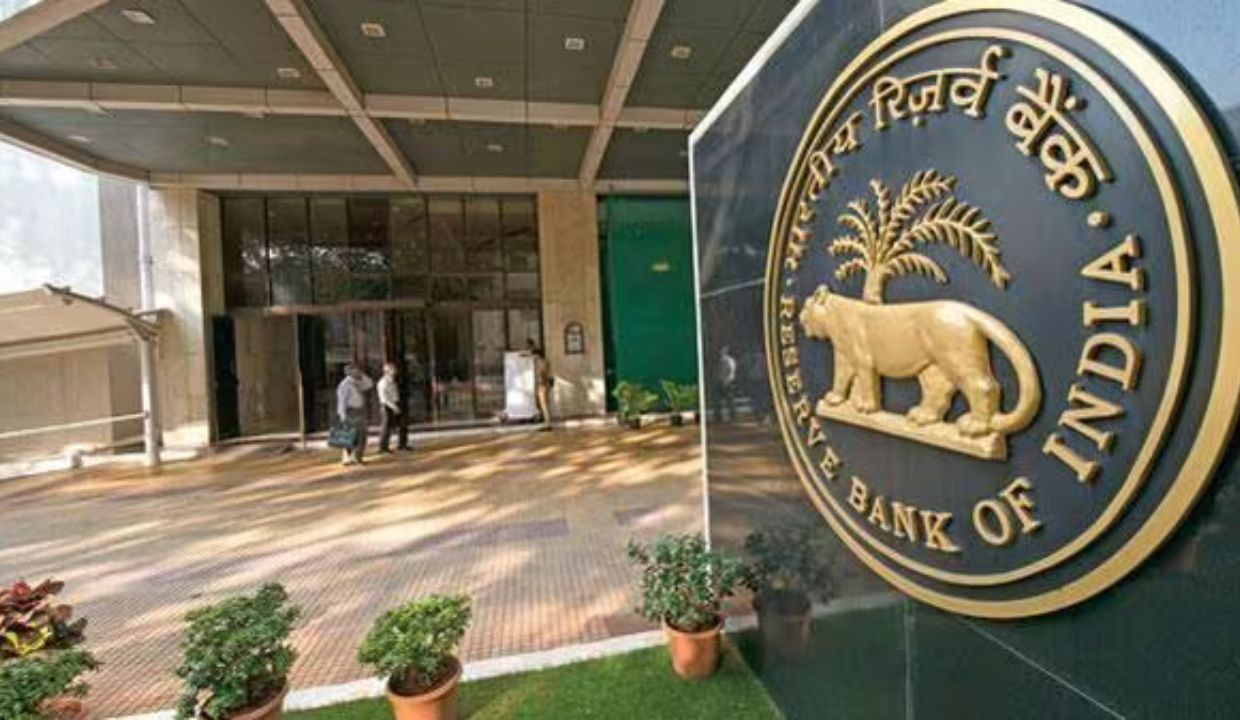

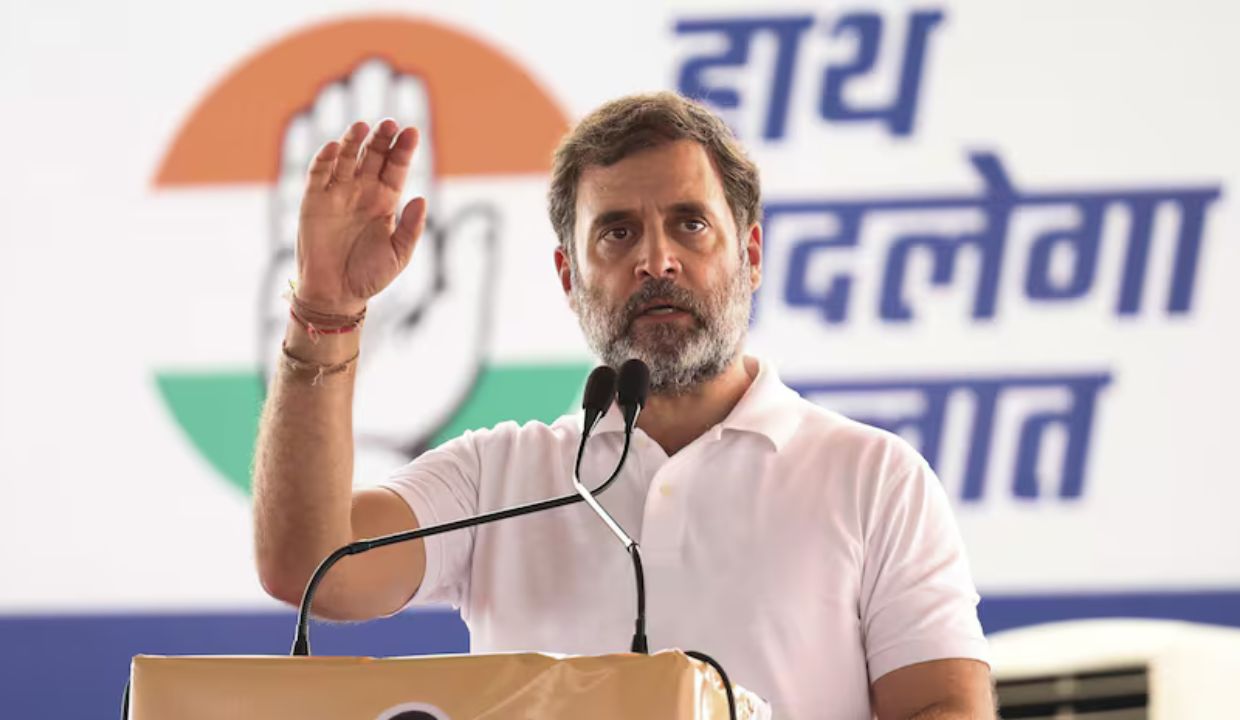




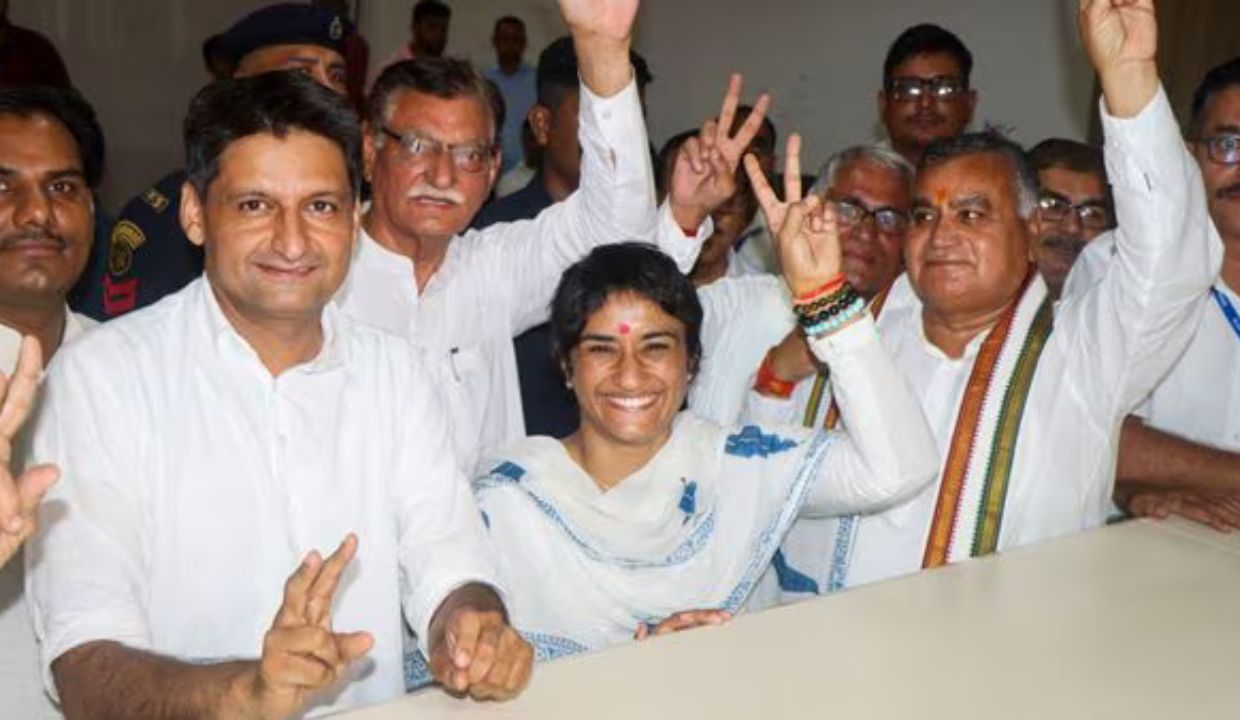


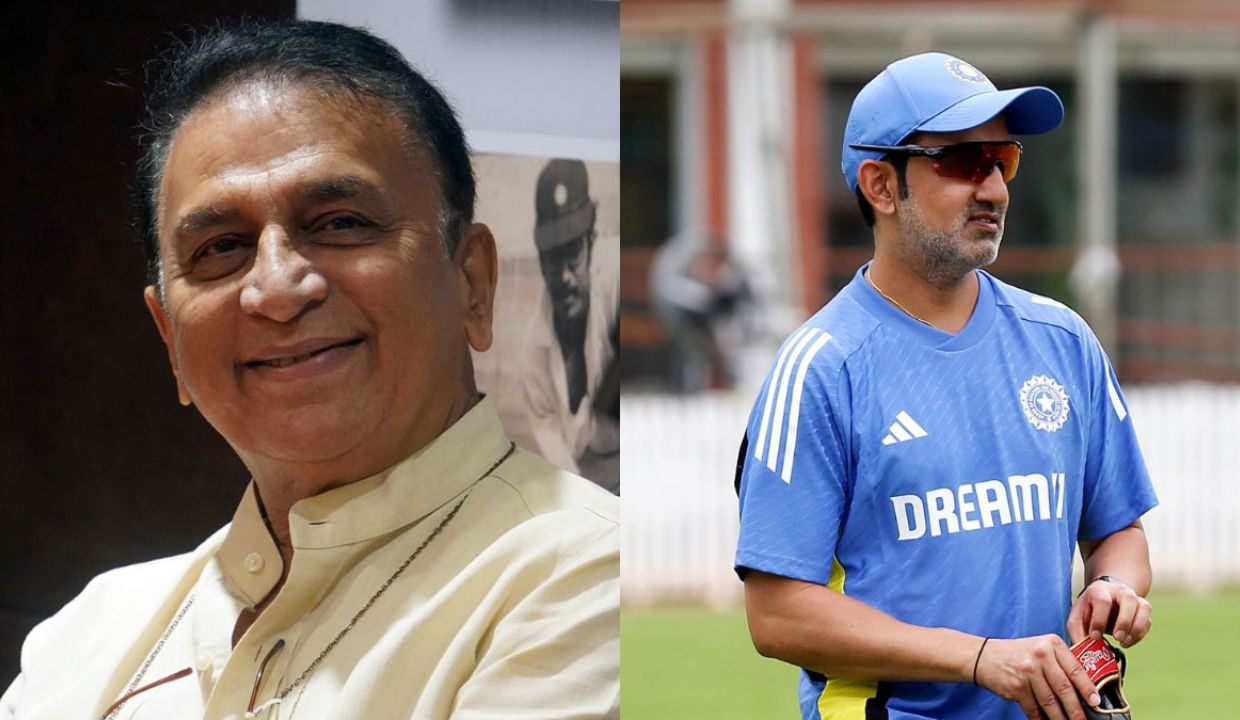



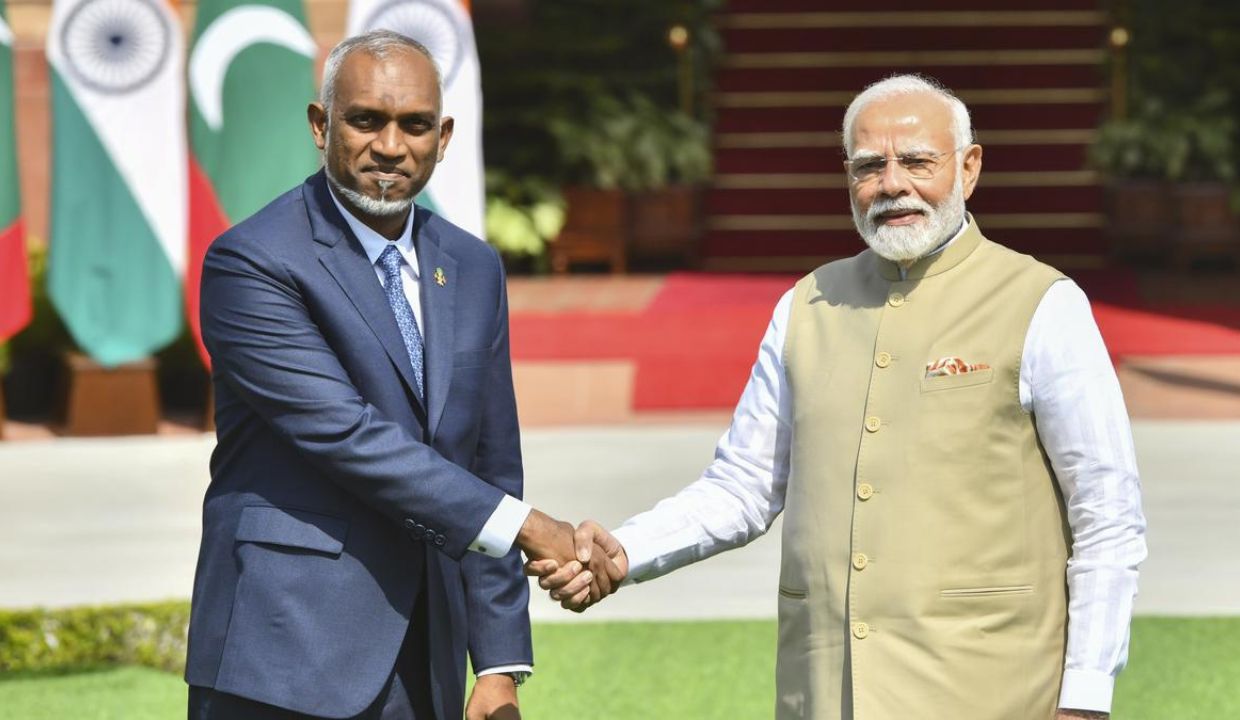



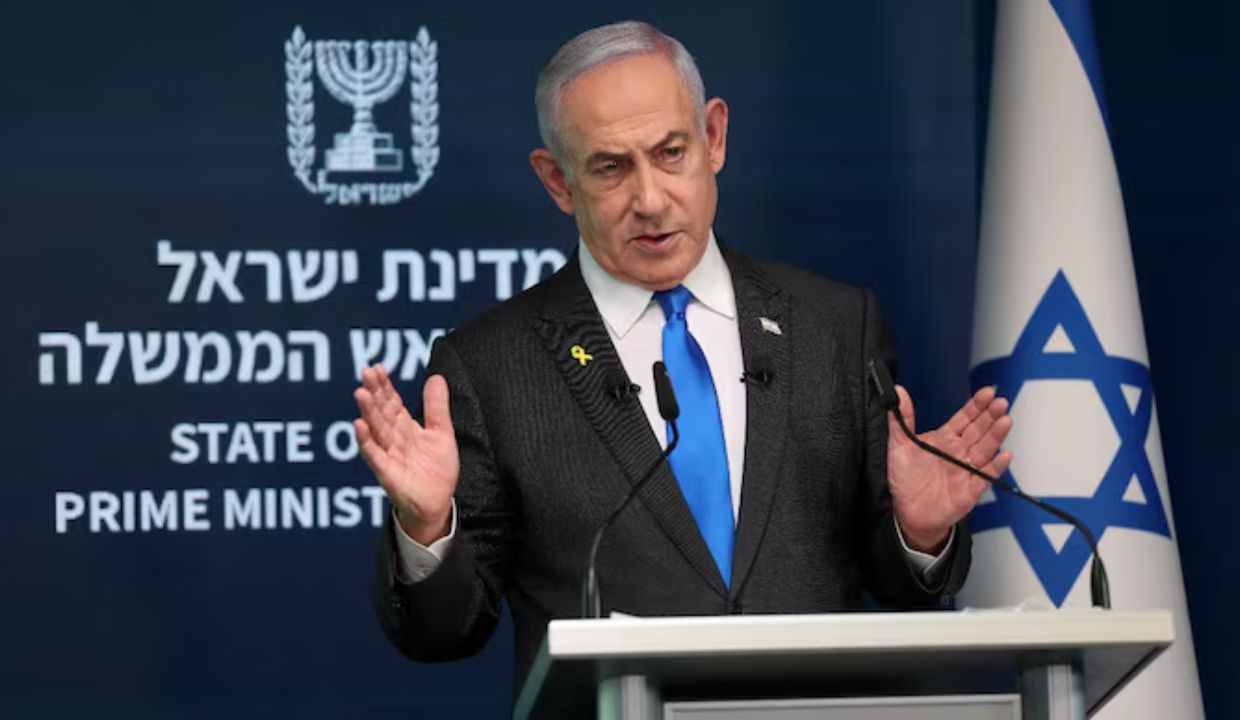



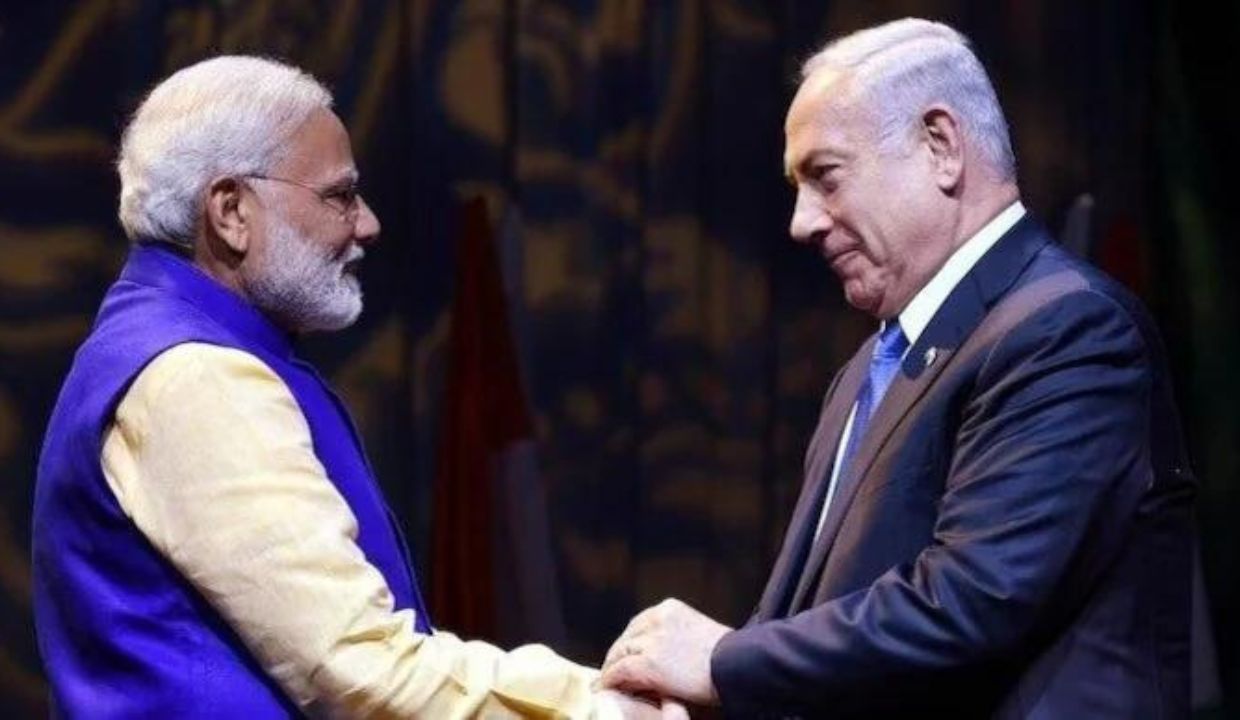



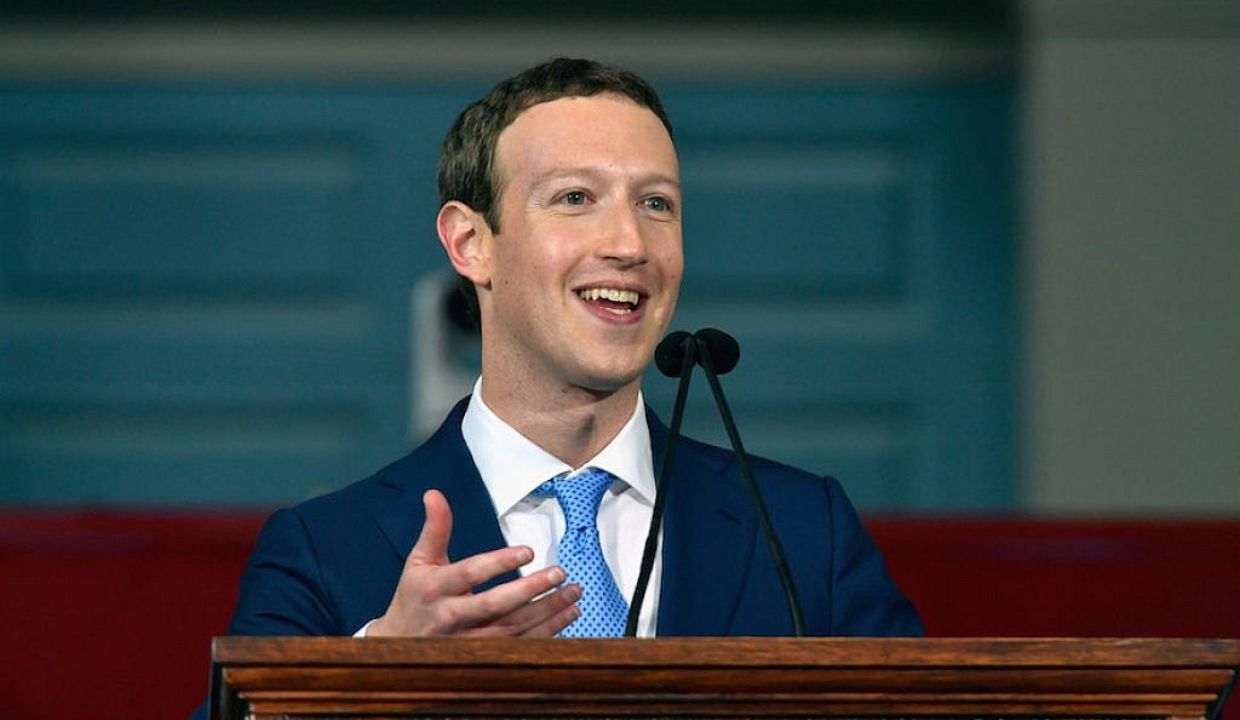






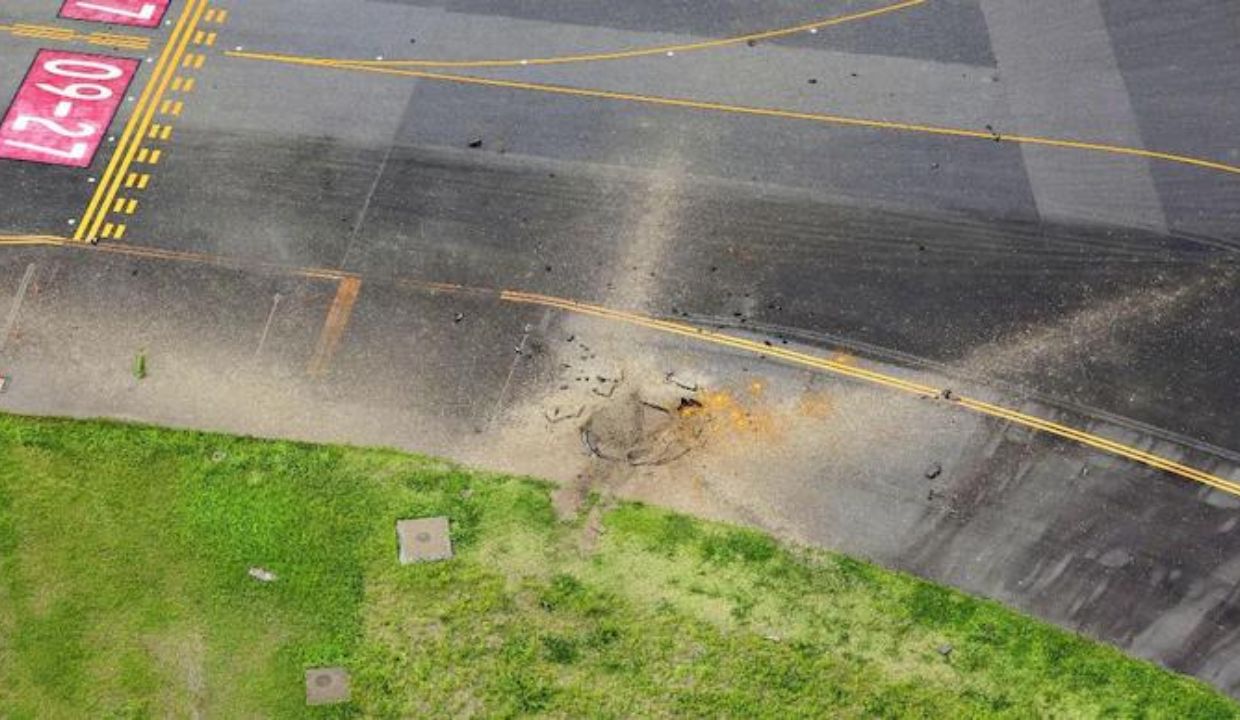



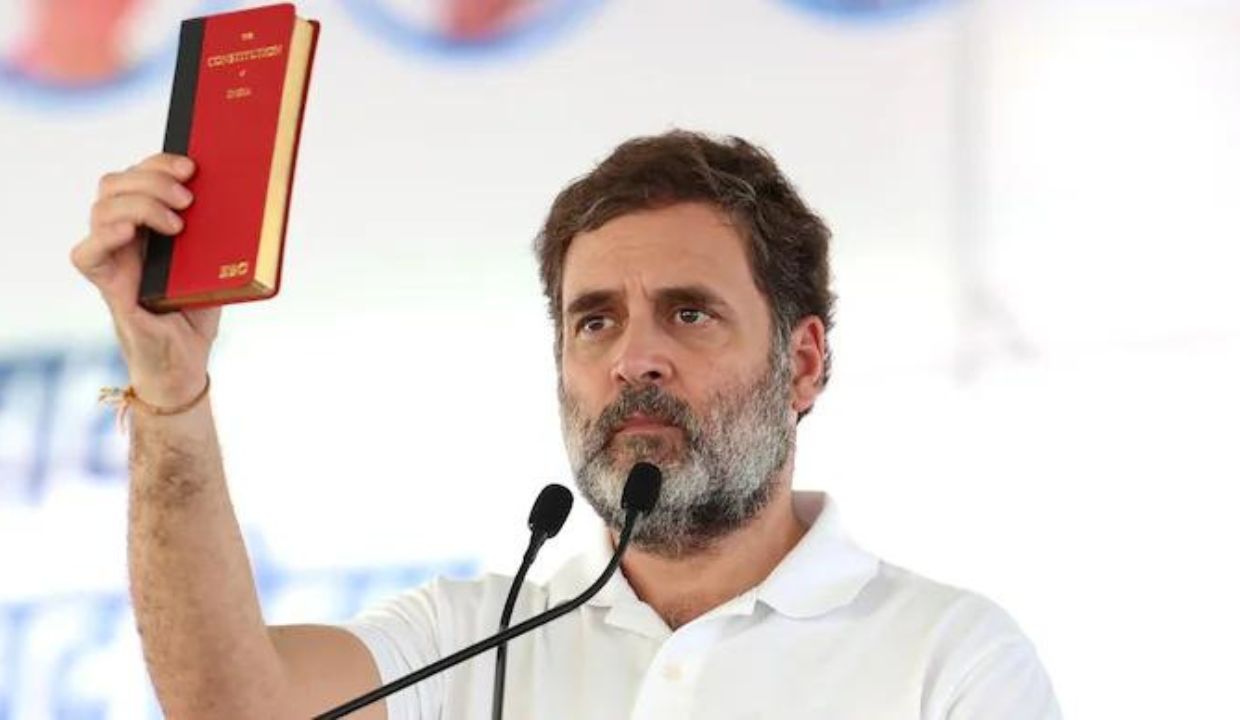

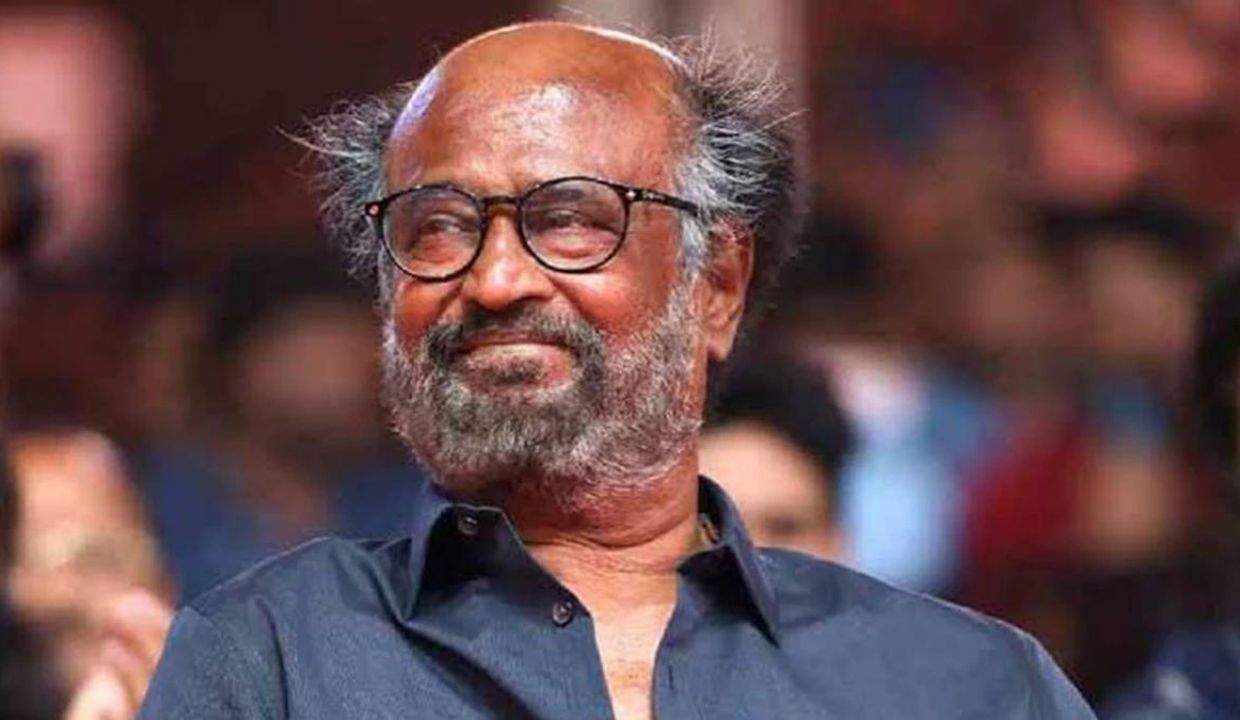
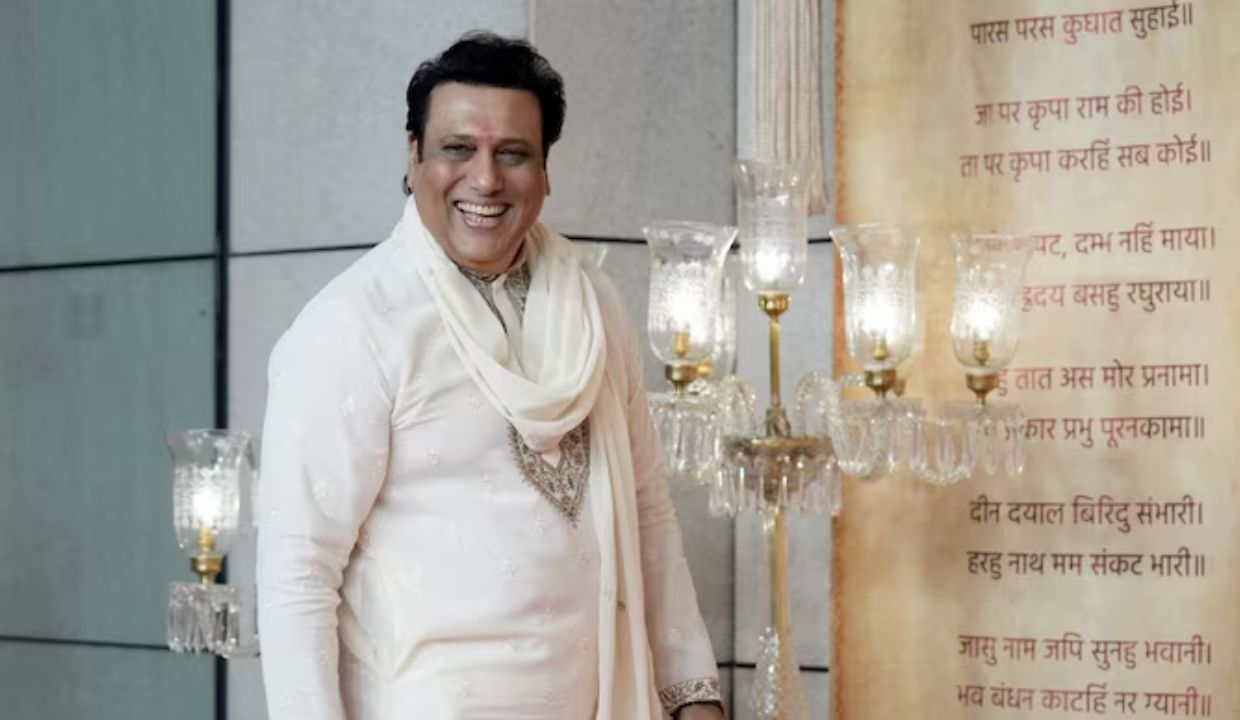



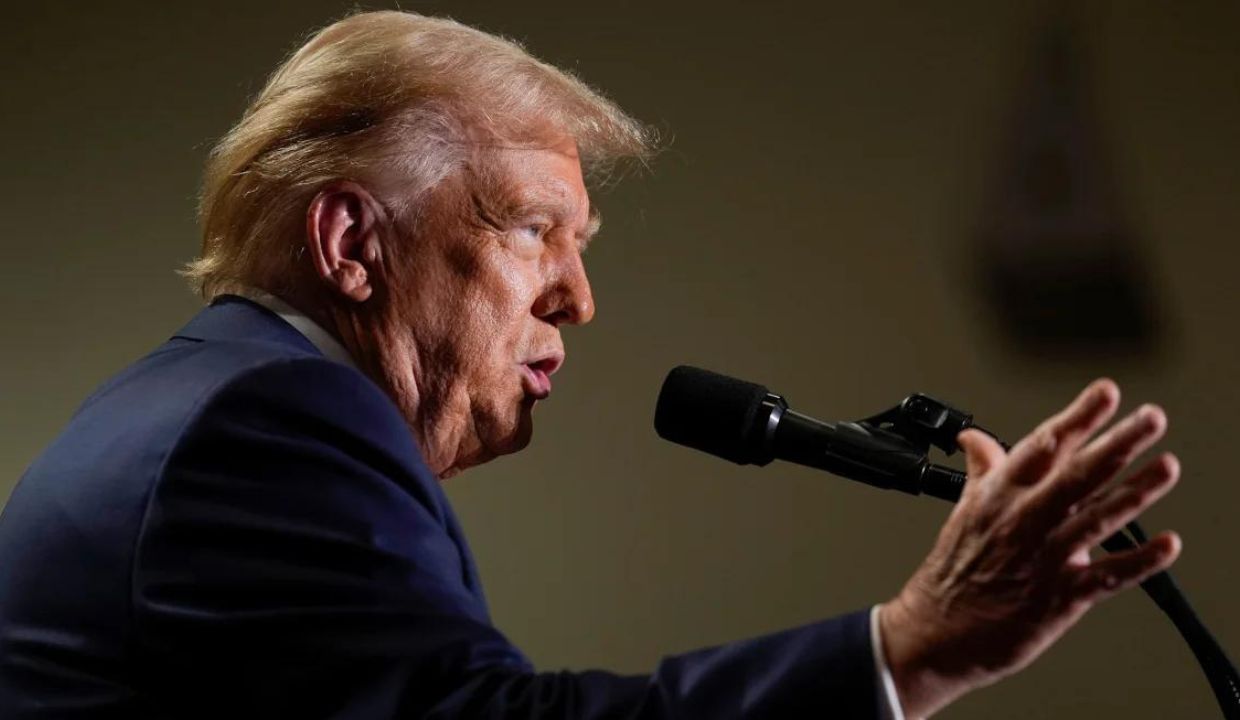

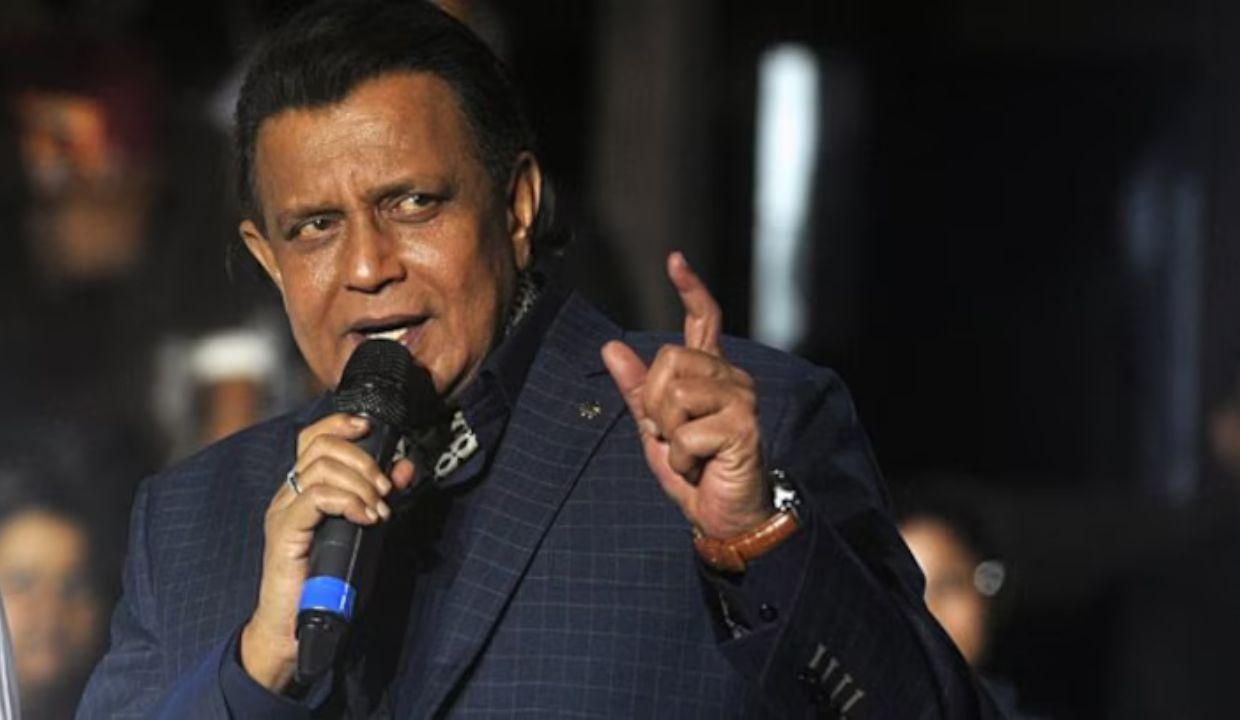




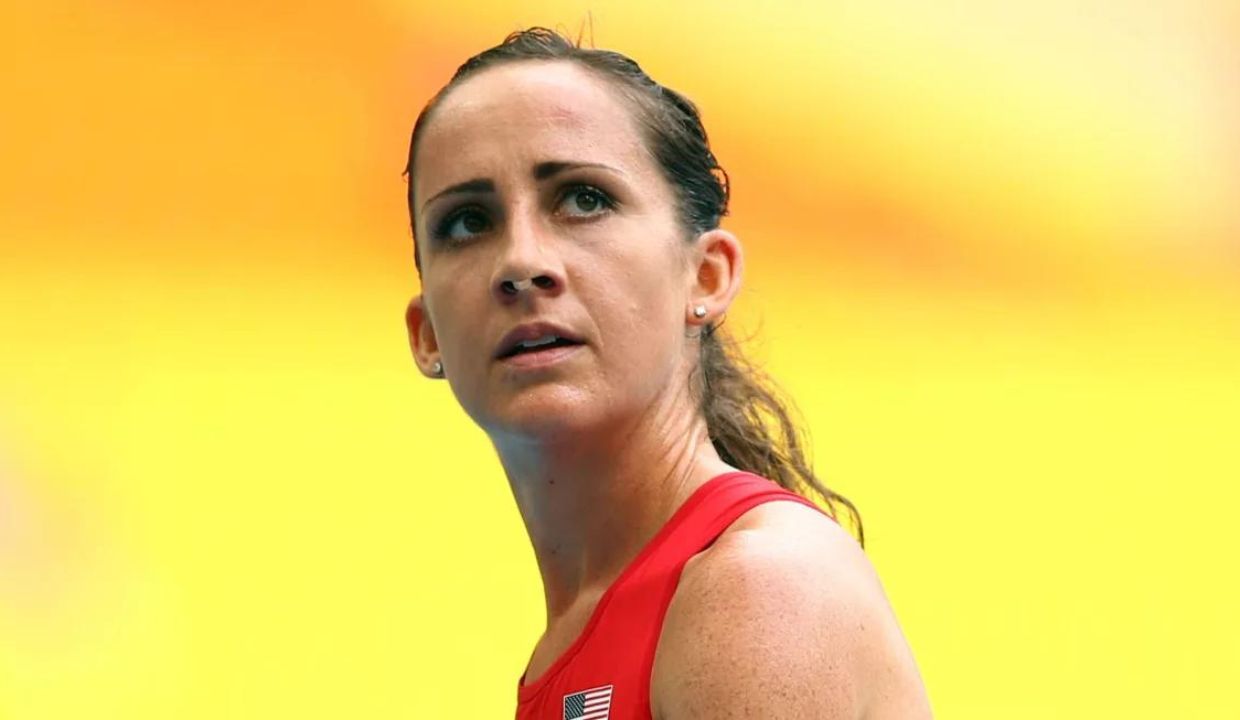
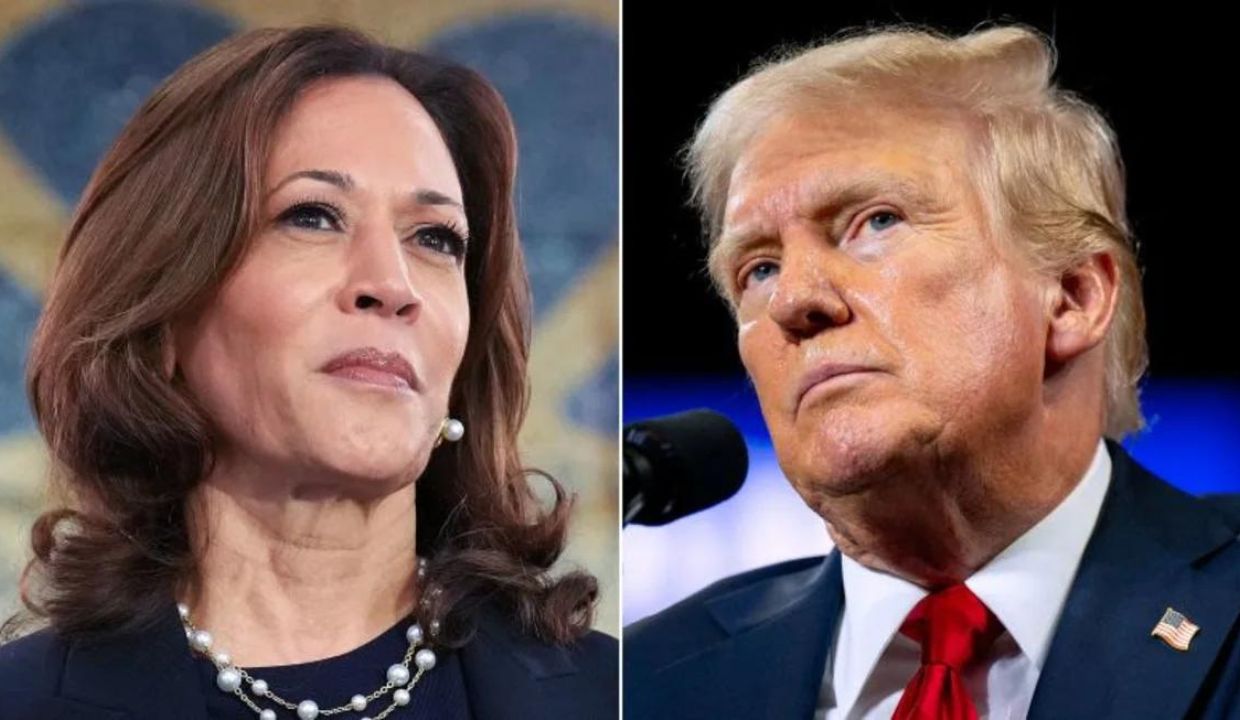

Нужно собрать данные о пользователе? Наш сервис предоставит детальный отчет в режиме реального времени . Воспользуйтесь продвинутые инструменты для поиска цифровых следов в соцсетях . Узнайте контактные данные или активность через систему мониторинга с гарантией точности . <a href="https://gglazz.pro/">пробить через глаз бога</a> Бот работает в рамках закона , используя только открытые данные . Закажите детализированную выжимку с геолокационными метками и графиками активности . Попробуйте надежному помощнику для digital-расследований — результаты вас удивят !
На этом сайте содержание 18+. Контент подходит для зрелых пользователей. У нас собраны разные стили и форматы. Платформа предлагает качественный контент. <a href="https://stavkinasport.com/promokody-dlya-1xbet/">порно видео онлайн геи</a> Вход разрешен после подтверждения возраста. Наслаждайтесь удобным интерфейсом.
В этом месте доступны содержание 18+. Контент подходит тем, кто старше 18. У нас собраны разнообразные материалы. Платформа предлагает высокое качество изображения. <a href="https://bgprognozi.info/en/1win-bonus-code/">порно онлайн японки</a> Вход разрешен после подтверждения возраста. Наслаждайтесь эксклюзивным контентом.
This flight-themed slot merges adventure with exciting rewards. Jump into the cockpit and spin through turbulent skies for massive payouts. With its retro-inspired visuals, the game captures the spirit of pioneering pilots. <a href="https://www.linkedin.com/posts/robin-kh-150138202_aviator-game-download-activity-7295792143506321408-81HD/">aviator game download</a> Watch as the plane takes off – cash out before it vanishes to lock in your rewards. Featuring seamless gameplay and immersive background music, it’s a must-try for slot enthusiasts. Whether you're looking for fun, Aviator delivers endless action with every round.
Here, explore a variety internet-based casino sites. Searching for traditional options or modern slots, there’s something to suit all preferences. Every casino included checked thoroughly for safety, so you can play securely. <a href="https://futurefly-whitetiger.com">play slots</a> What’s more, this resource unique promotions plus incentives targeted at first-timers and loyal customers. With easy navigation, finding your favorite casino happens in no time, making it convenient. Keep informed regarding new entries through regular check-ins, since new casinos are added regularly.
On this site, find a wide range of online casinos. Whether you’re looking for traditional options new slot machines, there’s something for any taste. Every casino included fully reviewed for trustworthiness, allowing users to gamble securely. <a href="https://futurefly-whitetiger.com">casino</a> Moreover, this resource provides special rewards along with offers targeted at first-timers as well as regulars. With easy navigation, finding your favorite casino takes just moments, enhancing your experience. Keep informed regarding new entries through regular check-ins, since new casinos appear consistently.
Our platform makes available many types of pharmaceuticals for online purchase. Users can securely get treatments from anywhere. Our inventory includes popular medications and specialty items. The full range is provided by reliable pharmacies. <a href="https://t.me/s/imedixcommunity/51">priligy</a> We ensure quality and care, with secure payments and fast shipping. Whether you're treating a cold, you'll find safe products here. Explore our selection today and experience stress-free support.
欢迎来到 本网站, 您可以找到 <a href="https://csgoluck.com/">成人材料</a>. 所有您感兴趣的内容 都在这里. 我们的内容 专为 <a href="https://csgoluck.com/">成熟观众</a> 准备. 请您务必 达到法定年龄. 尽情浏览 <a href="https://csgoluck.com/">成人世界</a>带来的乐趣吧! 马上开始 令人兴奋的 <a href="https://csgoluck.com/">专属材料</a>. 确保您获得 舒适的<a href="https://csgoluck.com/">成人服务</a>.
在此页面,您可以联系专门从事特定的高危工作的专家。 我们汇集大量可靠的行动专家供您选择。 无论是何种高风险任务,您都可以轻松找到胜任的人选。 <a href="https://chinese-hitman-assassin.com">chinese-hitman-assassin.com</a> 所有作业人员均经过筛选,确保您的利益。 网站注重安全,让您的任务委托更加无忧。 如果您需要服务详情,请立即联系!
This website lets you get in touch with professionals for temporary dangerous jobs. Clients may easily set up help for specific requirements. All contractors are qualified in executing complex operations. <a href="https://hitman-assassin-killer.com">hire a hitman</a> The website offers safe interactions between employers and freelancers. If you require a quick solution, our service is ready to help. Create a job and connect with the right person in minutes!
Questa pagina rende possibile l’ingaggio di professionisti per incarichi rischiosi. I clienti possono ingaggiare operatori competenti per operazioni isolate. Ogni candidato sono valutati secondo criteri di sicurezza. <a href="https://sonsofanarchy-italia.com">ordina omicidio</a> Attraverso il portale è possibile ottenere informazioni dettagliate prima di assumere. La fiducia è un nostro impegno. Esplorate le offerte oggi stesso per ottenere aiuto specializzato!
vrCDR eyRog Zou ffOa
Wowb IzkI SMu HykbUOp ifteKrQ lbHuvPR
Here, you can access a wide selection of casino slots from top providers. Players can enjoy retro-style games as well as feature-packed games with vivid animation and exciting features. Even if you're new or a seasoned gamer, there’s something for everyone. <a href="https://windlounge.de/">casino games</a> The games are ready to play anytime and designed for laptops and mobile devices alike. All games run in your browser, so you can start playing instantly. Site navigation is user-friendly, making it quick to find your favorite slot. Register now, and dive into the world of online slots!
Here, you can find lots of online slots from leading developers. Visitors can try out retro-style games as well as feature-packed games with high-quality visuals and interactive gameplay. If you're just starting out or an experienced player, there’s a game that fits your style. <a href="https://windlounge.fr/">slot casino The games are ready to play 24/7 and compatible with desktop computers and tablets alike. No download is required, so you can jump into the action right away. Site navigation is user-friendly, making it simple to browse the collection. Register now, and dive into the thrill of casino games!
This online service offers a large selection of prescription drugs for online purchase. You can quickly get needed prescriptions with just a few clicks. Our inventory includes both common drugs and targeted therapies. All products is provided by reliable distributors. https://www.wantedly.com/id/ime_dix We prioritize customer safety, with secure payments and prompt delivery. Whether you're treating a cold, you'll find affordable choices here. Visit the store today and experience trusted access to medicine.
On this platform, you can find lots of casino slots from leading developers. Visitors can experience traditional machines as well as modern video slots with stunning graphics and bonus rounds. Even if you're new or an experienced player, there’s something for everyone. play aviator All slot machines are ready to play round the clock and designed for laptops and mobile devices alike. All games run in your browser, so you can start playing instantly. The interface is easy to use, making it quick to browse the collection. Sign up today, and dive into the thrill of casino games!
This online service features many types of medications for home delivery. Anyone can quickly access treatments without leaving home. Our range includes popular solutions and custom orders. Each item is supplied through licensed suppliers. https://remedyuk.org/this-time-you-can-beat-erectile-dysfunction/ Our focus is on user protection, with data protection and prompt delivery. Whether you're managing a chronic condition, you'll find safe products here. Begin shopping today and experience reliable online pharmacy service.
Наш веб-портал — цифровая витрина профессионального детективного агентства. Мы организуем услуги в решении деликатных ситуаций. Коллектив профессионалов работает с максимальной этичностью. Наша работа включает наблюдение и анализ ситуаций. <a href="https://justkidding-me.com/">Услуги детектива</a> Каждое обращение рассматривается индивидуально. Мы используем новейшие технологии и работаем строго в рамках закона. Нуждаетесь в достоверную информацию — вы нашли нужный сайт.
On this platform, you can access a wide selection of slot machines from top providers. Players can enjoy retro-style games as well as new-generation slots with high-quality visuals and exciting features. If you're just starting out or a seasoned gamer, there’s a game that fits your style. money casino The games are available 24/7 and designed for PCs and smartphones alike. You don’t need to install anything, so you can start playing instantly. The interface is easy to use, making it convenient to browse the collection. Join the fun, and dive into the world of online slots!
Онлайн-площадка — интернет-представительство частного сыскного бюро. Мы организуем услуги в области розыска. Штат детективов работает с абсолютной конфиденциальностью. Нам доверяют наблюдение и детальное изучение обстоятельств. <a href="https://justkidding-me.com/">Услуги детектива</a> Каждое обращение обрабатывается персонально. Применяем современные методы и работаем строго в рамках закона. Нуждаетесь в ответственное агентство — вы нашли нужный сайт.
This website, you can access a great variety of slot machines from famous studios. Users can try out classic slots as well as feature-packed games with high-quality visuals and exciting features. Whether you’re a beginner or a seasoned gamer, there’s always a slot to match your mood. play aviator All slot machines are available 24/7 and compatible with desktop computers and tablets alike. All games run in your browser, so you can start playing instantly. Platform layout is intuitive, making it quick to explore new games. Sign up today, and dive into the thrill of casino games!
On this platform, you can access a great variety of online slots from top providers. Visitors can try out traditional machines as well as modern video slots with vivid animation and interactive gameplay. Whether you’re a beginner or a casino enthusiast, there’s a game that fits your style. play aviator Each title are instantly accessible round the clock and optimized for desktop computers and smartphones alike. All games run in your browser, so you can jump into the action right away. Site navigation is intuitive, making it simple to explore new games. Sign up today, and dive into the thrill of casino games!
This website, you can access a wide selection of online slots from famous studios. Users can enjoy traditional machines as well as new-generation slots with high-quality visuals and exciting features. If you're just starting out or a casino enthusiast, there’s something for everyone. slot casino The games are ready to play 24/7 and compatible with laptops and tablets alike. You don’t need to install anything, so you can jump into the action right away. The interface is intuitive, making it quick to browse the collection. Join the fun, and dive into the excitement of spinning reels!
On this platform, you can access a wide selection of casino slots from leading developers. Users can try out traditional machines as well as feature-packed games with stunning graphics and exciting features. Whether you’re a beginner or an experienced player, there’s always a slot to match your mood. slot casino All slot machines are ready to play round the clock and designed for desktop computers and smartphones alike. No download is required, so you can get started without hassle. Platform layout is easy to use, making it convenient to find your favorite slot. Join the fun, and dive into the excitement of spinning reels!
Here, you can access lots of casino slots from famous studios. Players can try out retro-style games as well as feature-packed games with high-quality visuals and bonus rounds. Even if you're new or a seasoned gamer, there’s something for everyone. casino slots The games are instantly accessible 24/7 and optimized for desktop computers and smartphones alike. You don’t need to install anything, so you can get started without hassle. Platform layout is intuitive, making it convenient to find your favorite slot. Register now, and discover the excitement of spinning reels!
Self-harm leading to death is a tragic issue that affects countless lives worldwide. It is often associated with psychological struggles, such as depression, trauma, or addiction problems. People who contemplate suicide may feel isolated and believe there’s no hope left. <a href="https://how-to-kill-yourself.com/">how to commit suicide without pain</a> Society needs to talk openly about this matter and offer a helping hand. Mental health care can make a difference, and finding help is a necessary first step. If you or someone you know is thinking about suicide, please seek help. You are not without options, and there’s always hope.
This website offers a wide selection of video slots, ideal for both beginners and experienced users. Right here, you can discover classic slots, modern video slots, and jackpot slots with high-quality visuals and realistic audio. Whether you’re into simple gameplay or seek bonus-rich rounds, you’re sure to find something that suits you. http://forum.jeep-club.by/index.php?/blog/43/entry-5027-%D1%85%D0%BE%D1%82%D0%B8%D1%82%D0%B5-%D1%81%D1%8B%D0%B3%D1%80%D0%B0%D1%82%D1%8C-%D0%B2-%D0%BF%D0%BE%D0%BF%D1%83%D0%BB%D1%8F%D1%80%D0%BD%D1%8B%D0%B9-%D1%81%D0%BB%D0%BE%D1%82-sweet-bonanza/ Every slot can be accessed around the clock, with no installation, and fully optimized for both desktop and smartphone. Apart from the machines, the site provides helpful reviews, welcome packages, and community opinions to guide your play. Sign up, jump into the action, and enjoy the excitement of spinning!
Taking one's own life is a tragic topic that affects many families worldwide. It is often linked to emotional pain, such as depression, hopelessness, or addiction problems. People who struggle with suicide may feel trapped and believe there’s no other way out. <a href="https://how-to-kill-yourself.com/">How to kill yourself painless</a> Society needs to spread knowledge about this matter and support those in need. Early support can save lives, and talking to someone is a brave first step. If you or someone you know is thinking about suicide, please seek help. You are not alone, and there’s always hope.
На нашей платформе вы можете найти интересные онлайн-слоты. Здесь собраны лучшую коллекцию аппаратов от проверенных студий. Каждая игра предлагает интересным геймплеем, дополнительными возможностями и высокой отдачей. https://www.kickstarter.com/profile/1478408135/about Каждый посетитель может тестировать автоматы без вложений или играть на деньги. Меню и структура ресурса интуитивно понятны, что помогает легко находить нужные слоты. Если вас интересуют слоты, данный ресурс стоит посетить. Начинайте играть уже сегодня — тысячи выигрышей ждут вас!
Self-harm leading to death is a complex topic that touches many families across the world. It is often connected to psychological struggles, such as anxiety, stress, or substance abuse. People who consider suicide may feel overwhelmed and believe there’s no solution. how-to-kill-yourself.com It is important to raise awareness about this topic and offer a helping hand. Early support can save lives, and finding help is a necessary first step. If you or someone you know is struggling, don’t hesitate to get support. You are not forgotten, and help is available.
Игровые автоматы — это очень популярная игровых механик в мире ставок. Смысл игровых автоматов состоит в комбинациях символов, которые создают комбинации. Любая такая игра содержит отличающиеся функции, разные иконки и бонусные раунды, которые добавляют азарта. Игровые автоматы подразделяются на ретро-стильные и продвинутые, в которых встречаются различные бонусные режимы. <a href="https://kalaganov5.ru">старые слоты</a> Большинство пользователей предпочитают слоты за простоту правил и способность увлечь без сложных стратегий. Современные слоты обычно предлагают различные специальные символы, что делает процесс еще увлекательнее. Таким образом, игровые автоматы остаются одним из самых востребованных способов весело провести время в гемблинге.
Онлайн-слоты — это очень популярная категорий развлечений в индустрии азартных игр. Главная идея слотов состоит в комбинациях символов, которые формируют выигрышные линии. Любая такая игра имеет уникальные механики, разнообразные знаки и дополнительные функции, которые делают игру интереснее. Игровые автоматы подразделяются на классические и современные, где можно встретить разные уровни сложности. <a href="https://schasty.ru">магнит слот</a> Многие игроки выбирают эти игры за интуитивность и интересный игровой процесс без сложных стратегий. Новые игровые автоматы могут включать дополнительные бонусные игры, что добавляет динамики. Таким образом, слоты остаются очень популярным видов развлечений в индустрии ставок.
Онлайн-слоты — это одна из самых популярных категорий развлечений в индустрии азартных игр. Основная суть игровых автоматов состоит в выпадении символов, результат которых определяют исход игры. Каждый автомат содержит отличающиеся механики, разные символы и специальные бонусы, которые добавляют азарта. Слоты делятся на классические и современные, где можно встретить различные бонусные режимы. <a href="https://shansonpshen.ru">скачать слот</a> Многие ценят эти игры за интуитивность и интересный игровой процесс без необходимости запоминать сложные комбинации. Современные слоты обычно предлагают дополнительные бонусные игры, что делает процесс еще увлекательнее. В итоге, эти игры продолжают быть одним из самых востребованных видов развлечений в индустрии ставок.
На данном сайте вы сможете найти свежие новости Краснодара. Здесь размещены главные новости города, обзоры и оперативная информация. Будьте в курсе развития событий и получайте только проверенные данные. Если хотите знать, что происходит в Краснодаре, читайте наш сайт регулярно! https://krasnodar.rftimes.ru/
Почему BlackSprut привлекает внимание? Платформа BlackSprut удостаивается внимание широкой аудитории. Что делает его уникальным? Данный ресурс предоставляет интересные возможности для аудитории. Оформление системы выделяется простотой, что позволяет ей быть понятной без сложного обучения. Необходимо помнить, что BlackSprut обладает уникальными характеристиками, которые делают его особенным в определенной среде. Обсуждая BlackSprut, нельзя не упомянуть, что различные сообщества оценивают его по-разному. Многие подчеркивают его удобство, а некоторые оценивают его неоднозначно. Таким образом, BlackSprut остается темой дискуссий и удерживает внимание разных слоев интернет-сообщества. Ищете актуальное зеркало BlackSprut? Если ищете обновленный сайт БлэкСпрут, вы на верном пути. <a href="https://bs2best.gdn">bs2best at</a> Периодически платформа меняет адрес, поэтому нужно знать актуальное зеркало. Мы следим за изменениями и готовы предоставить актуальным линком. Проверьте рабочую версию сайта у нас!